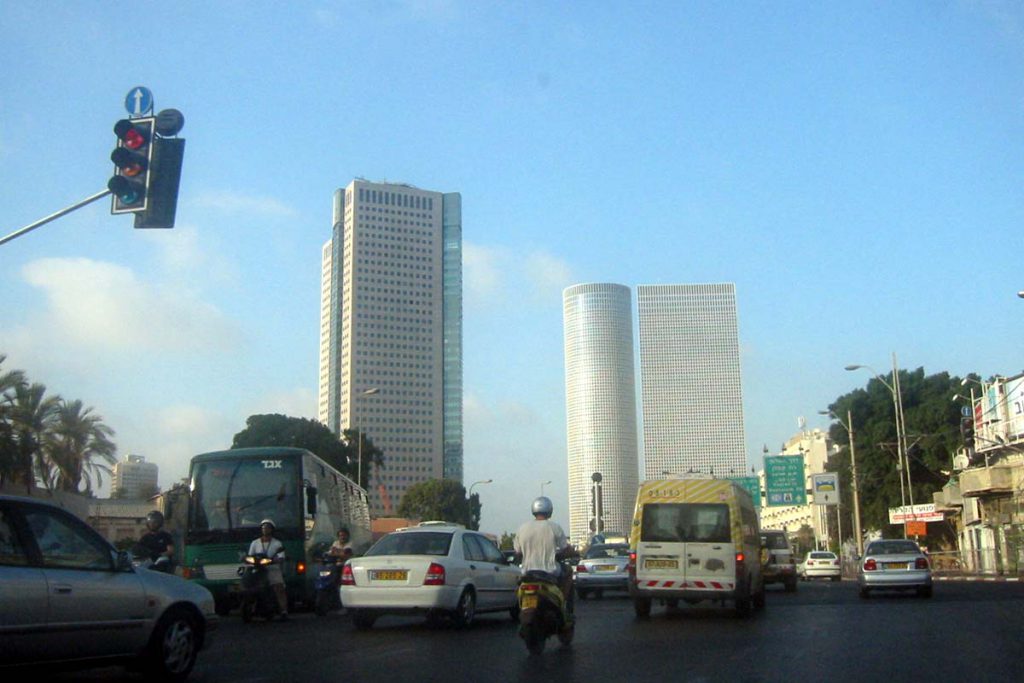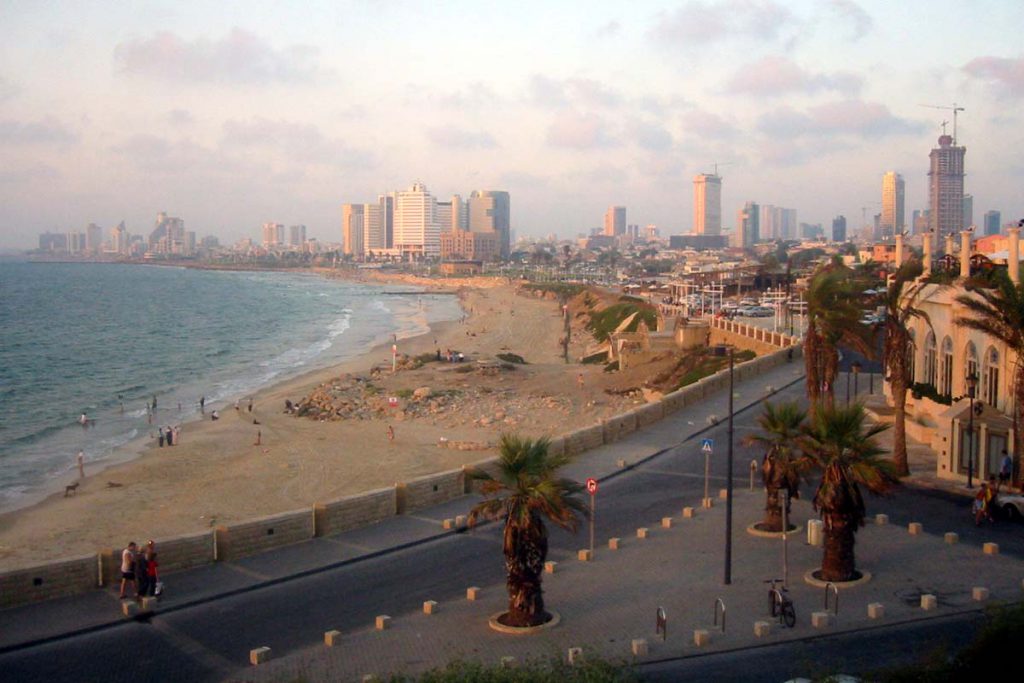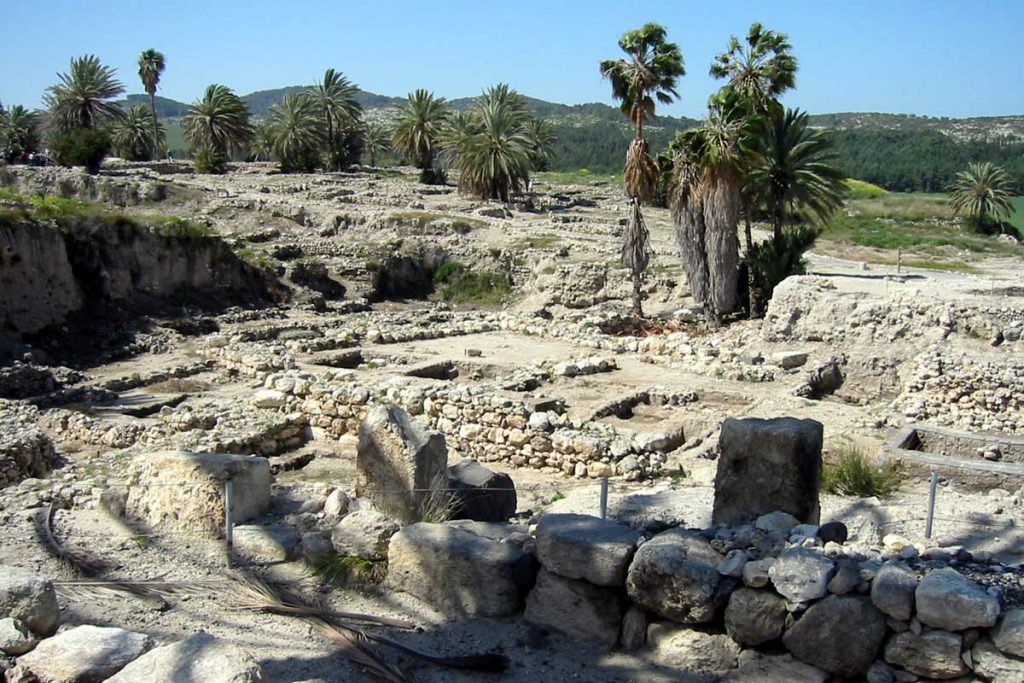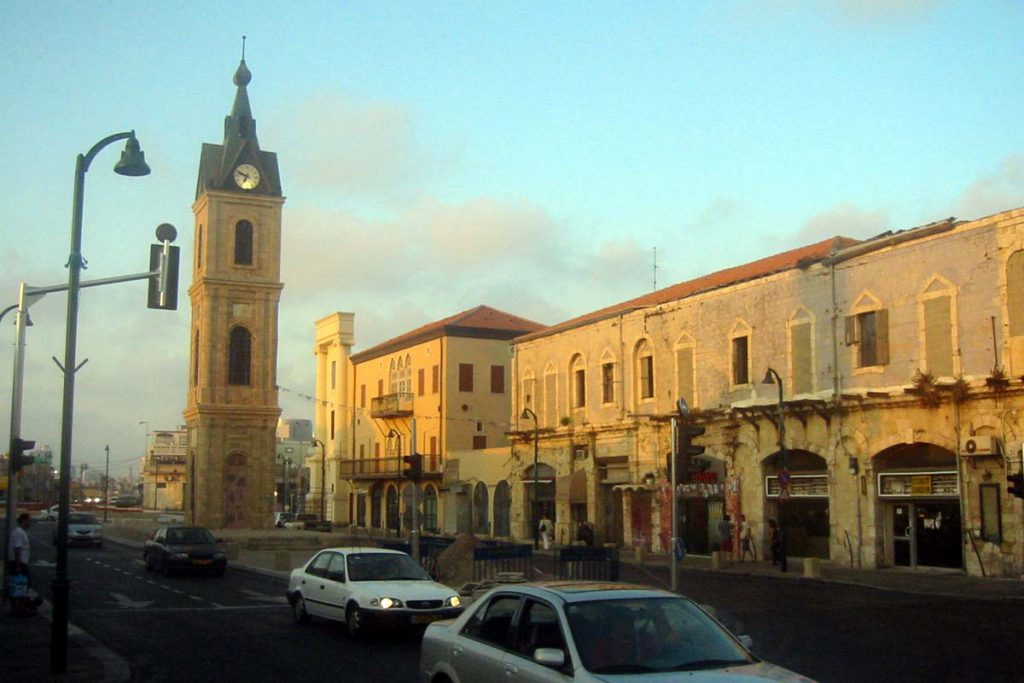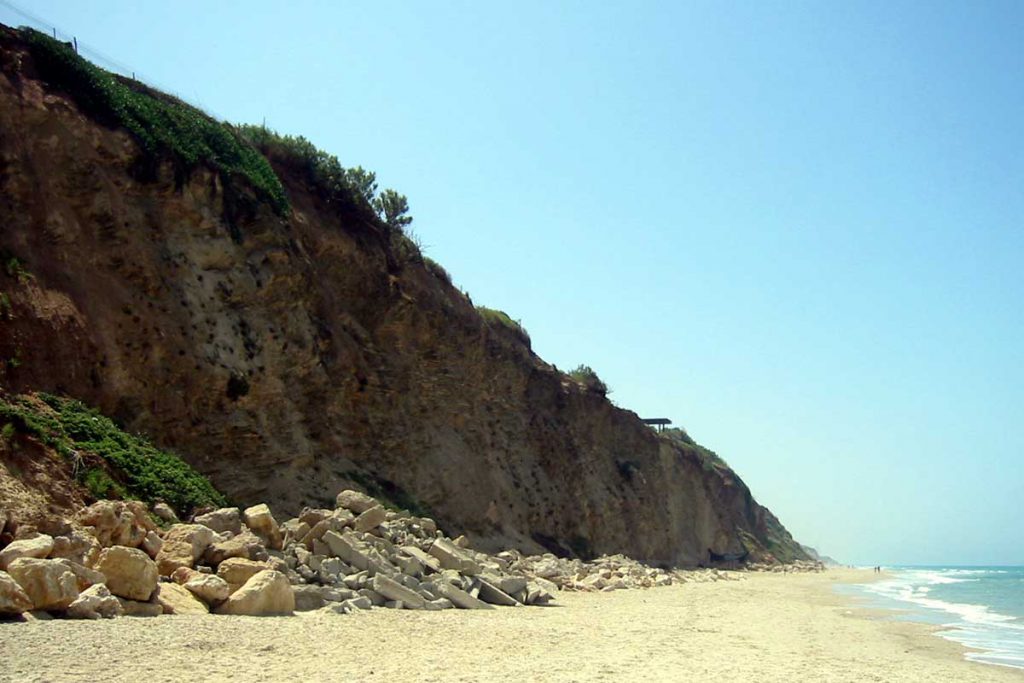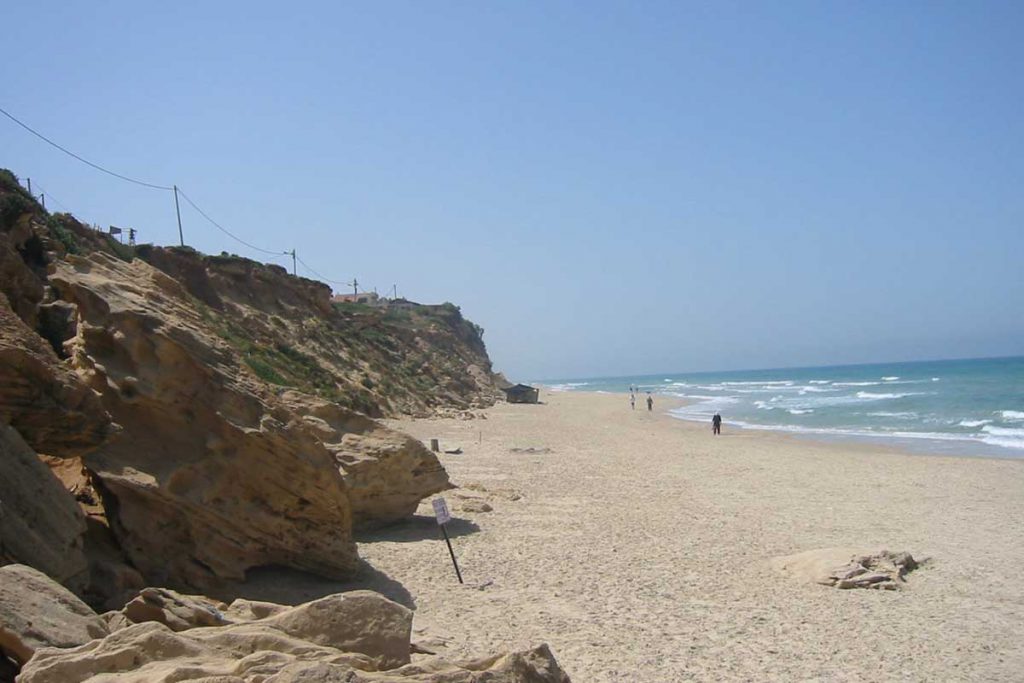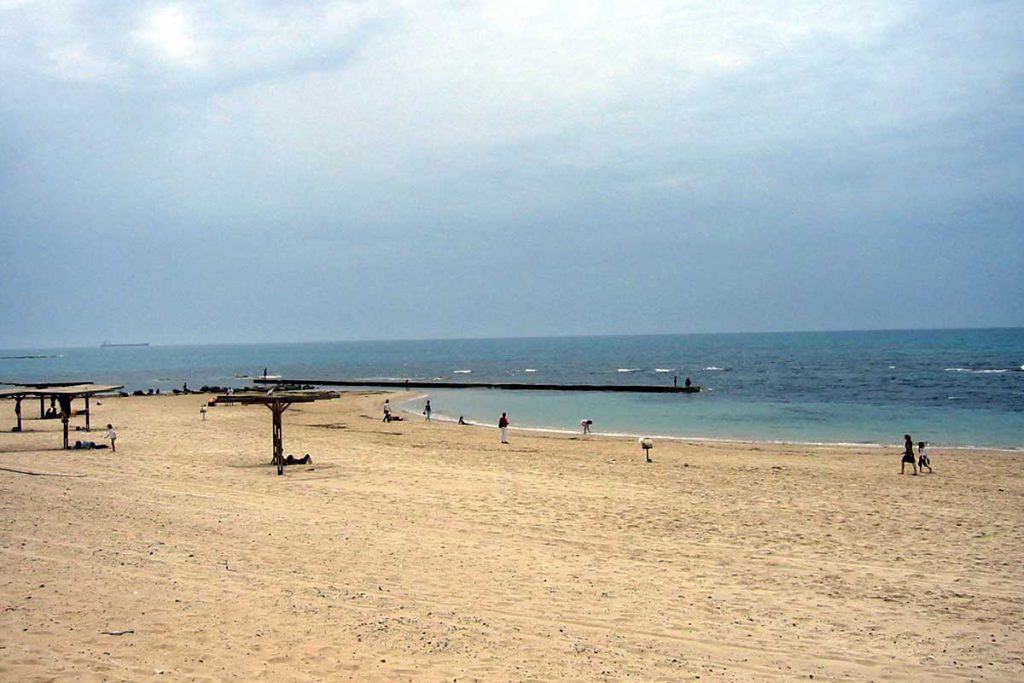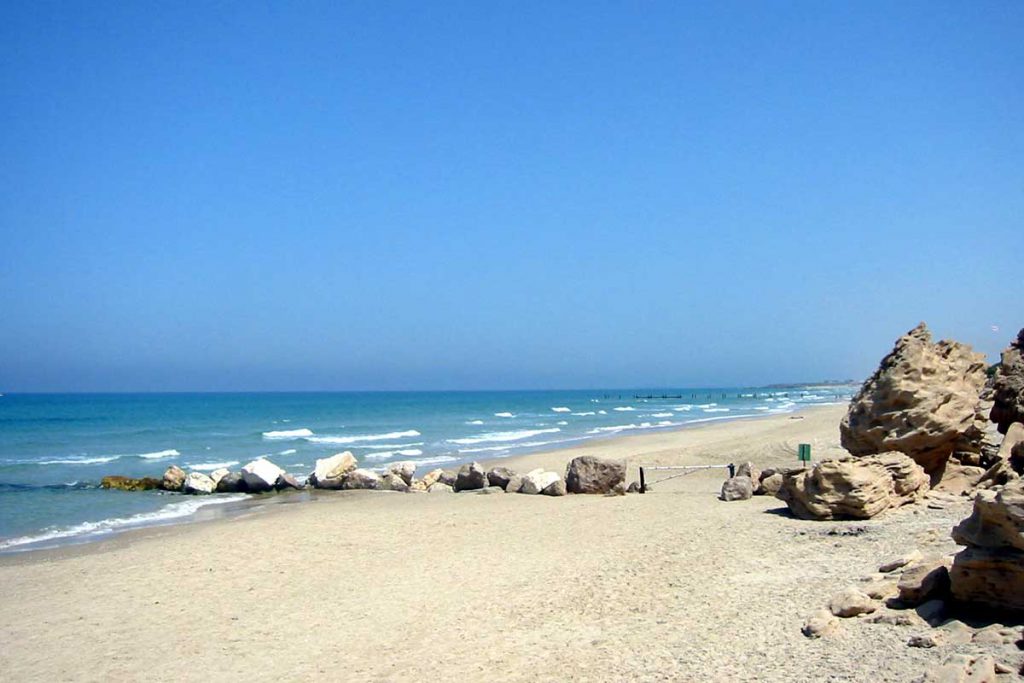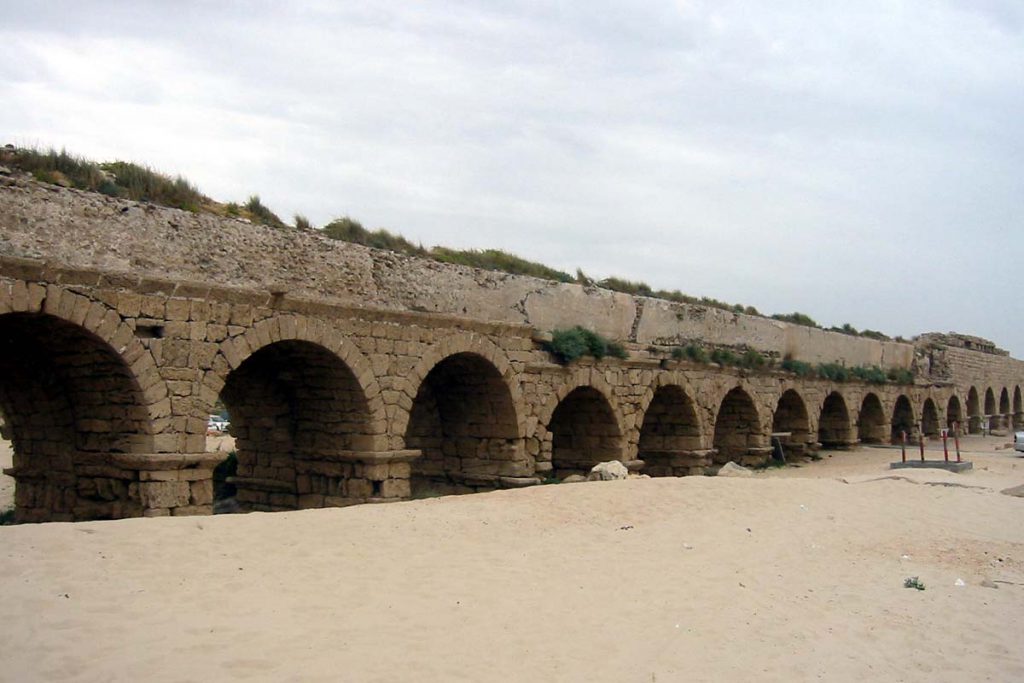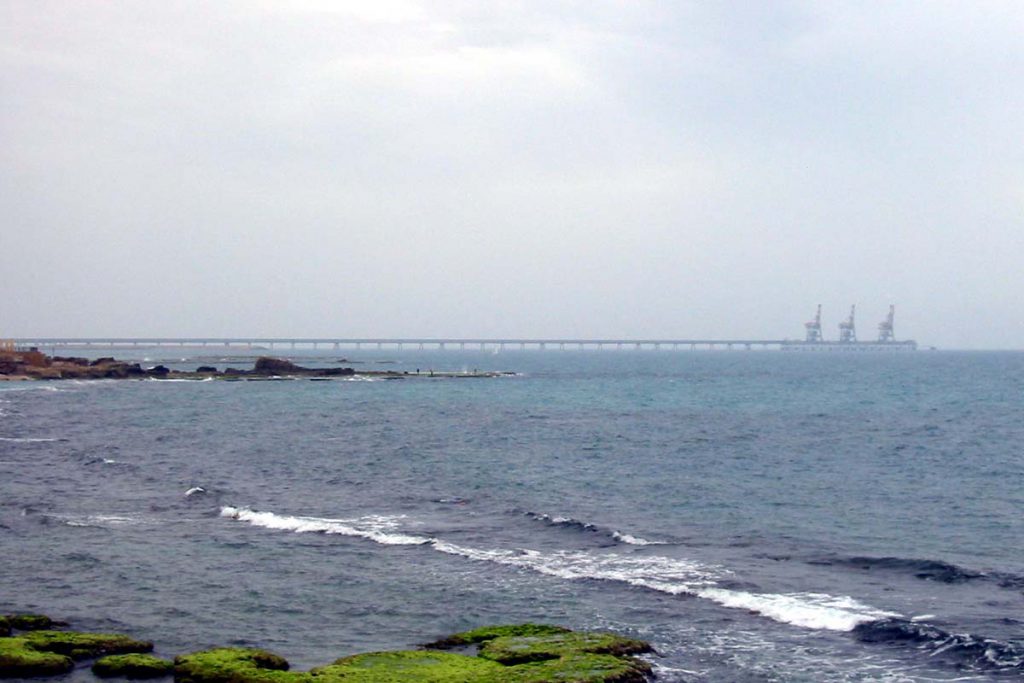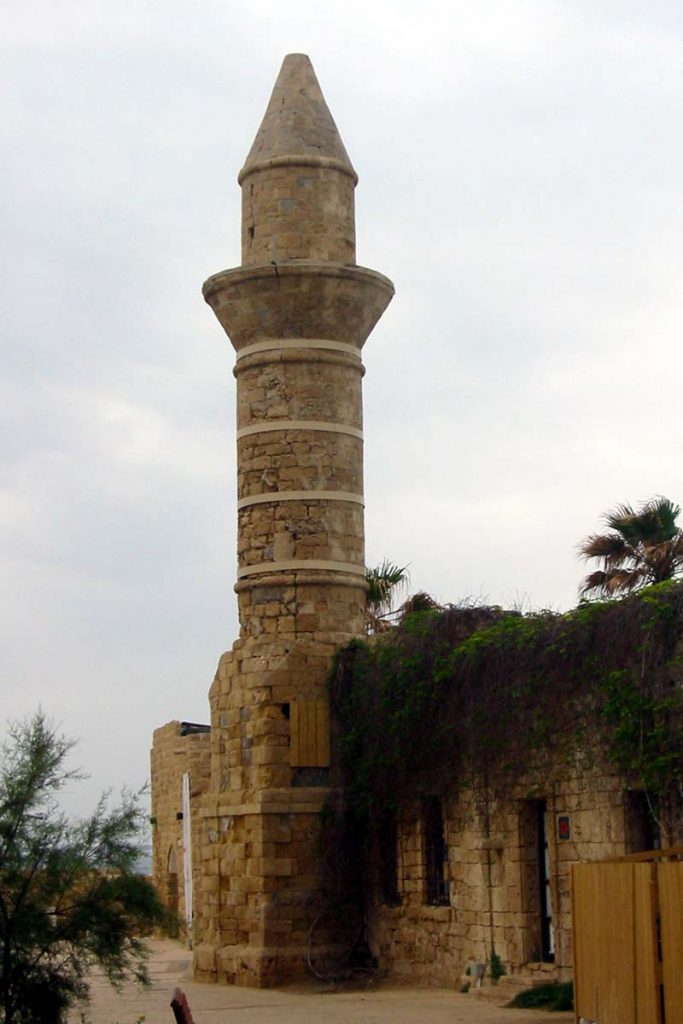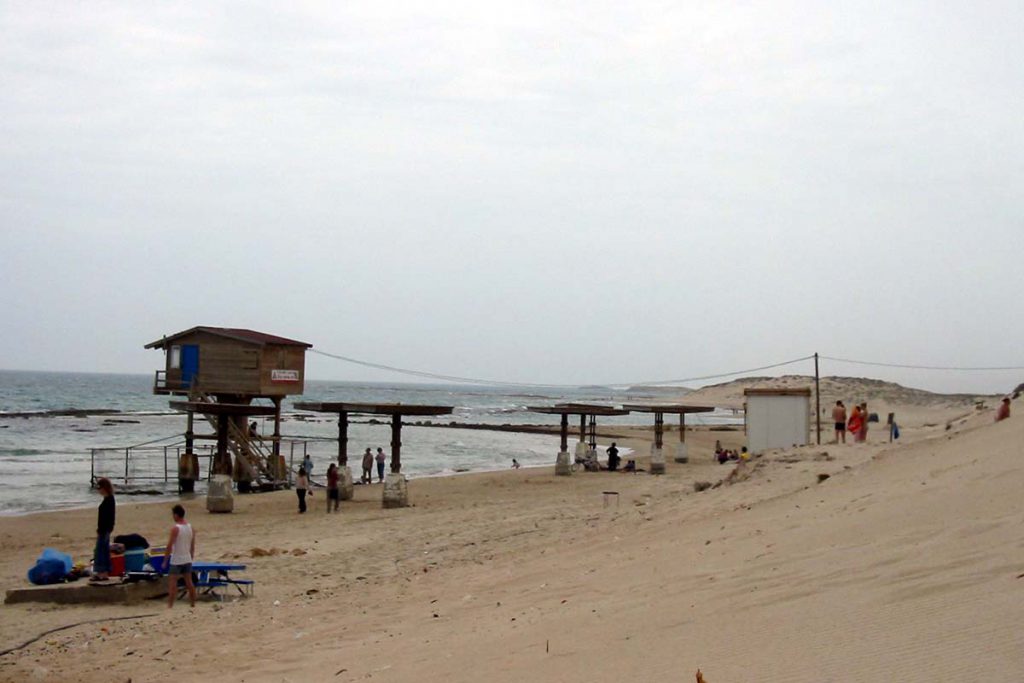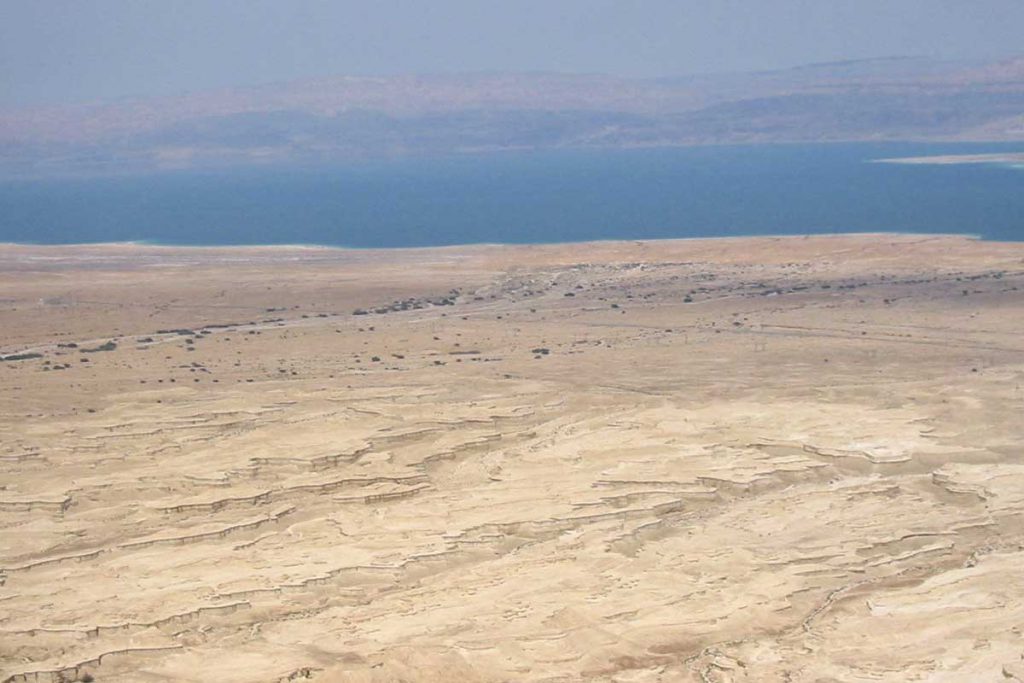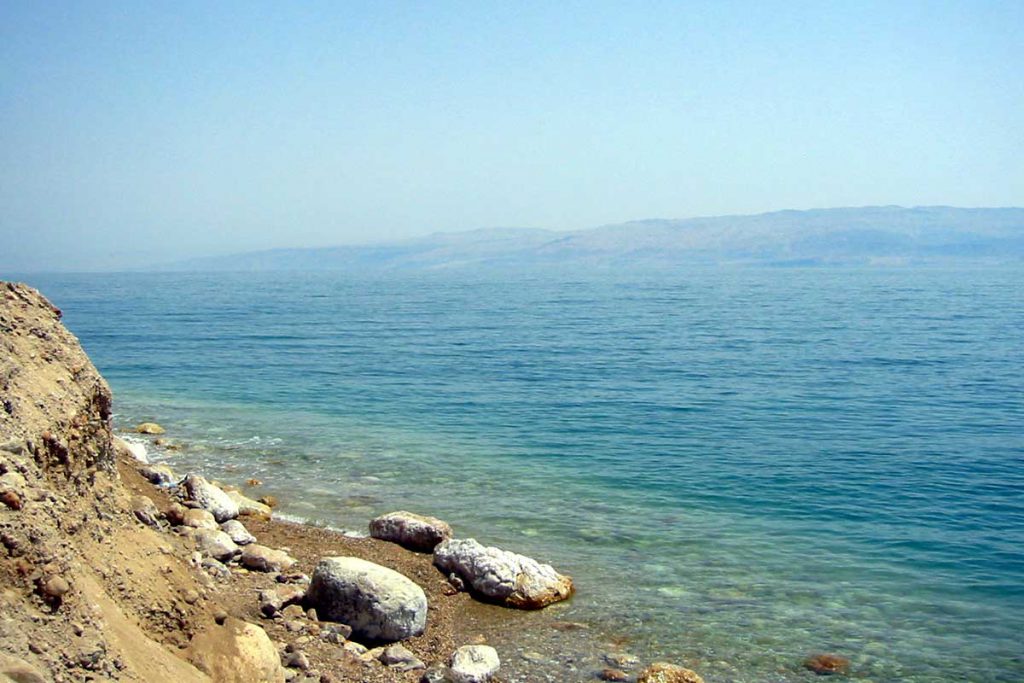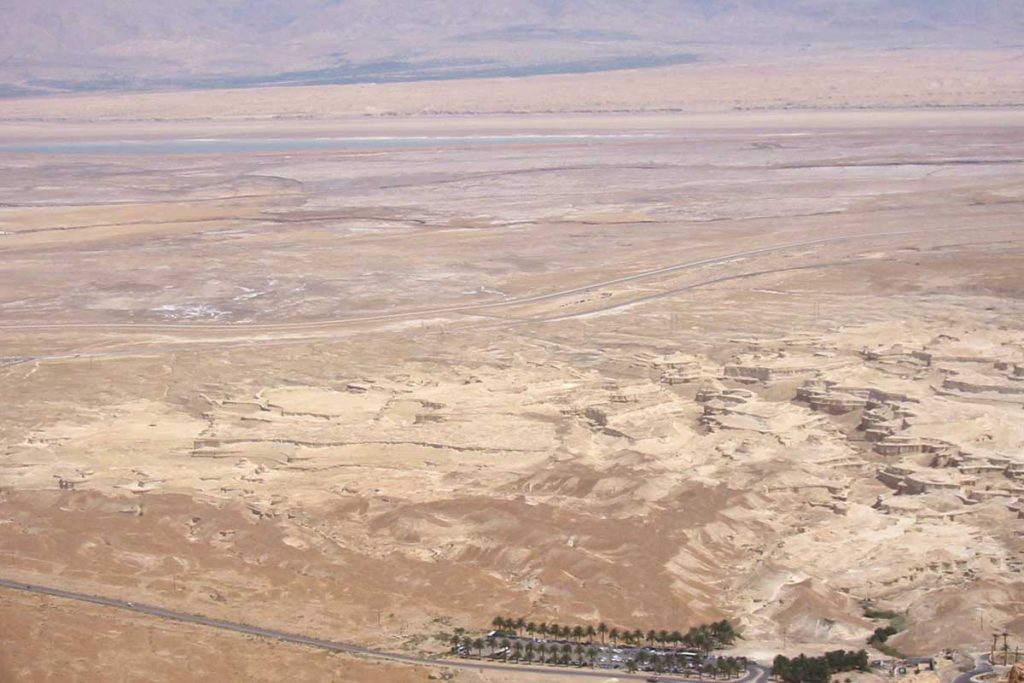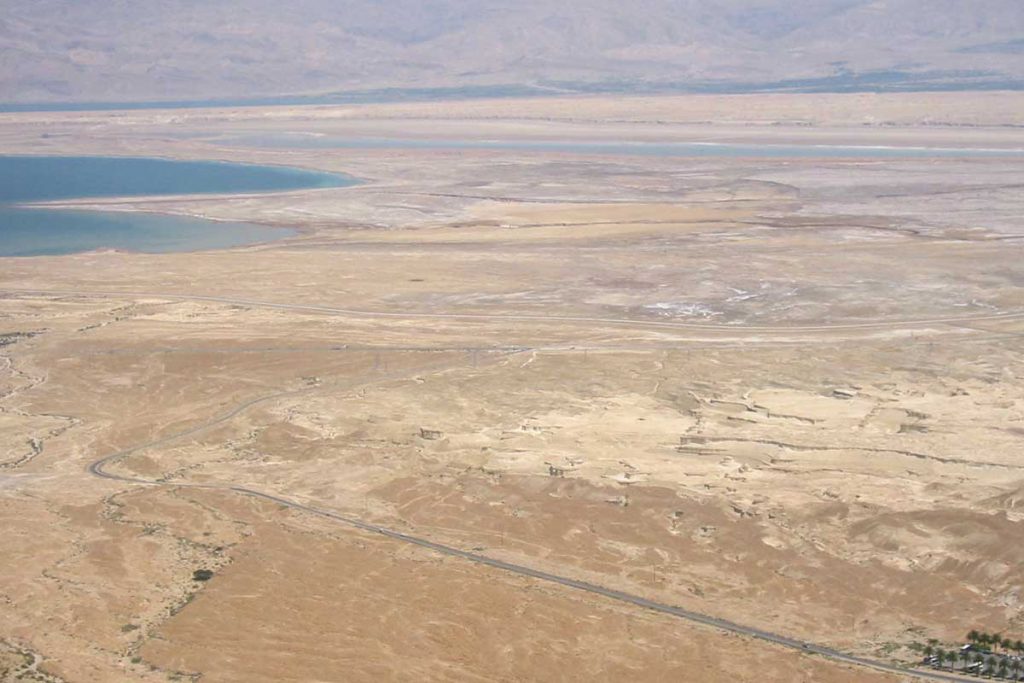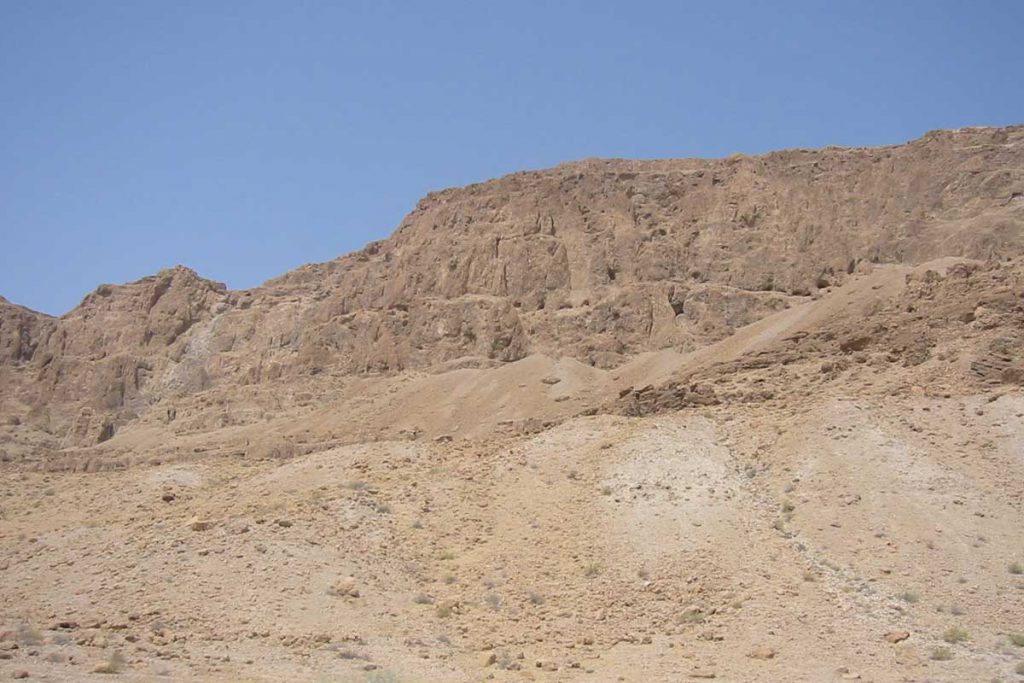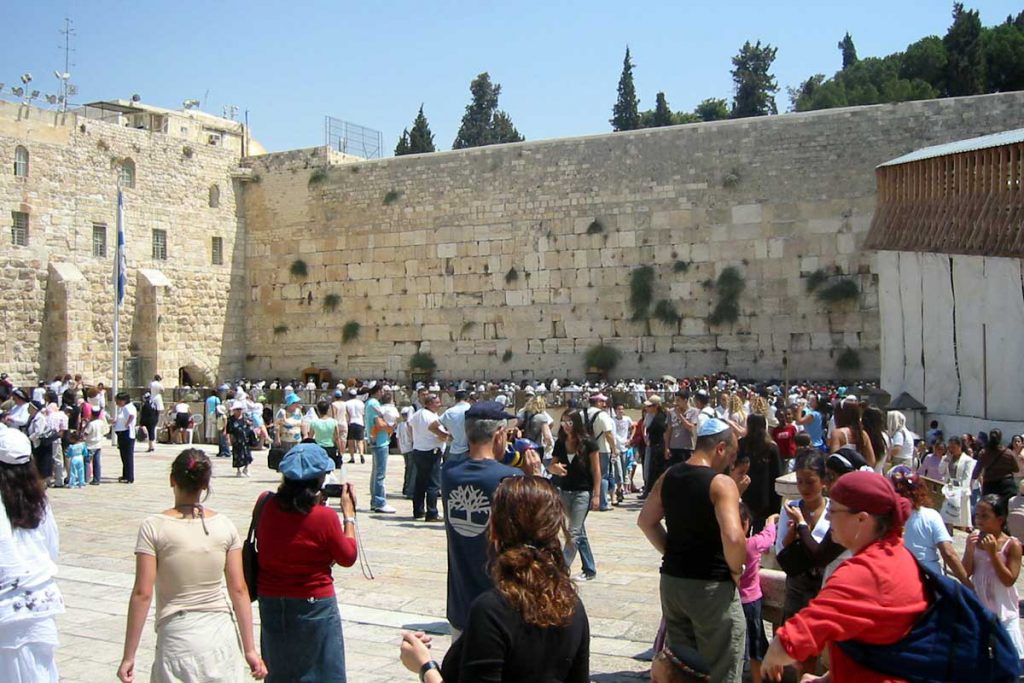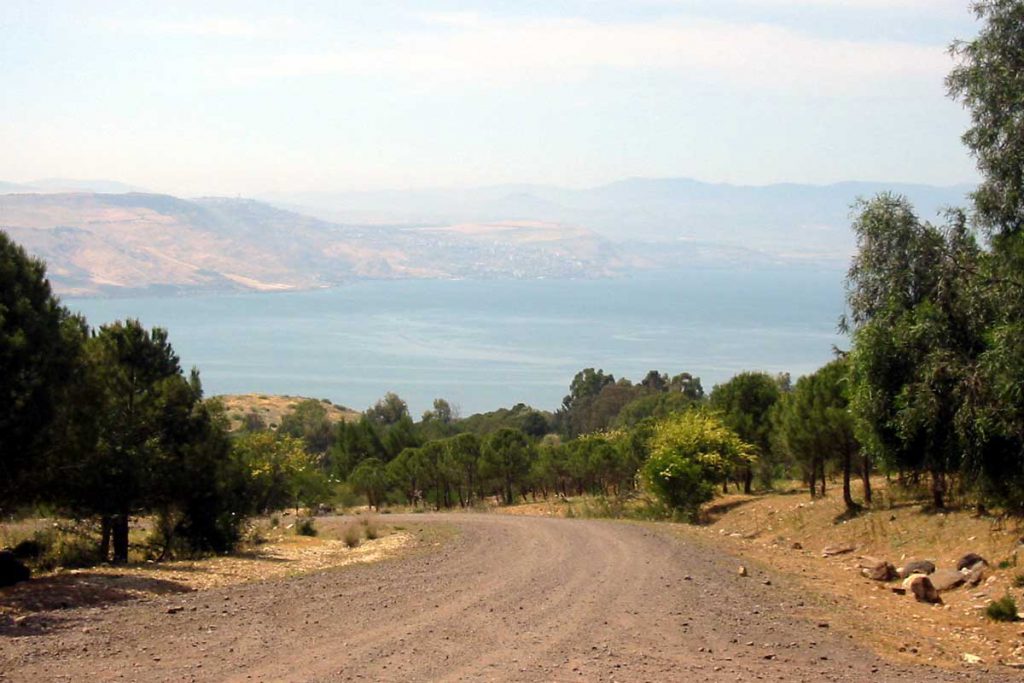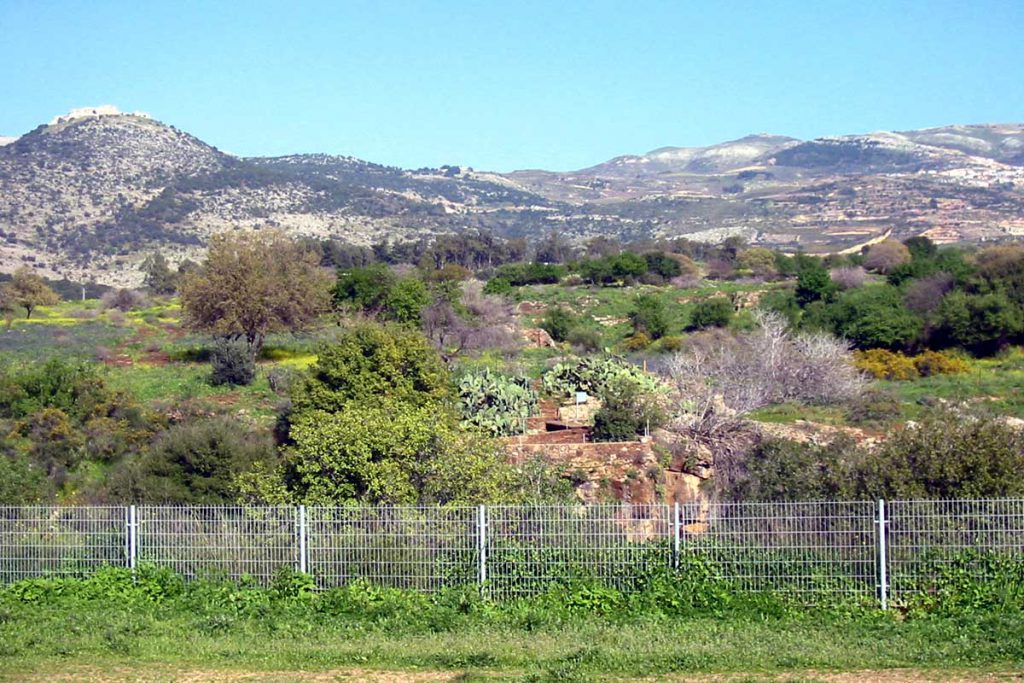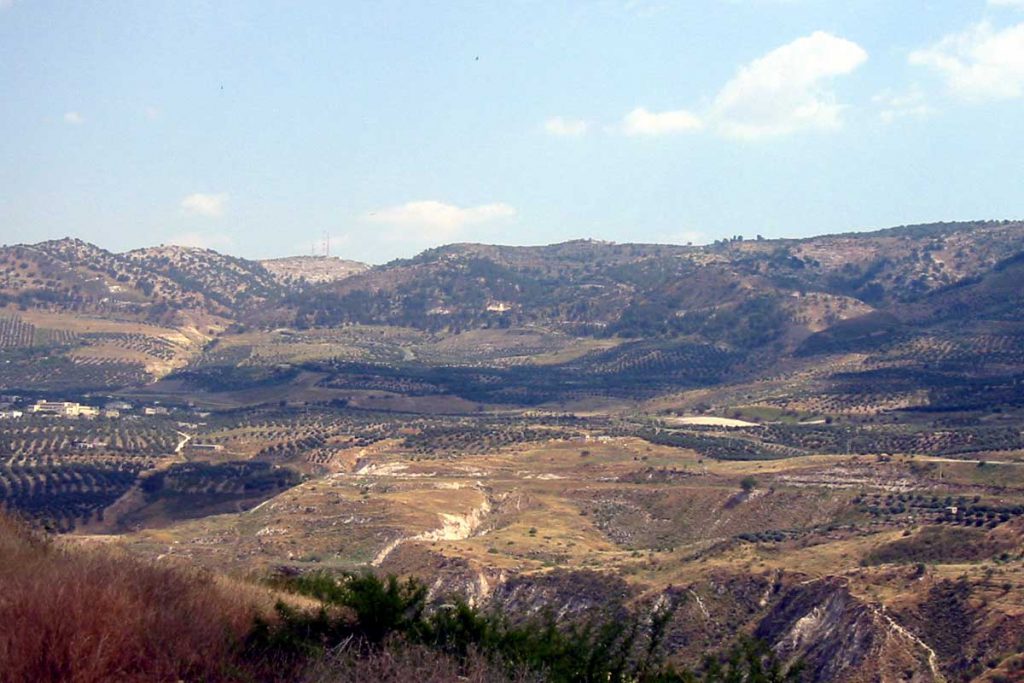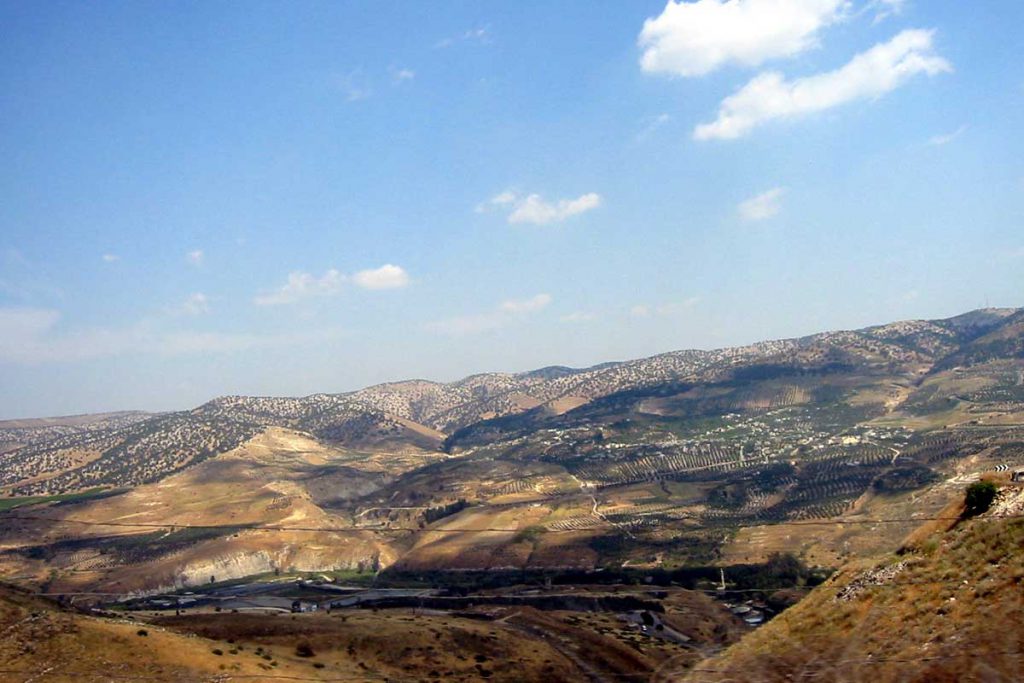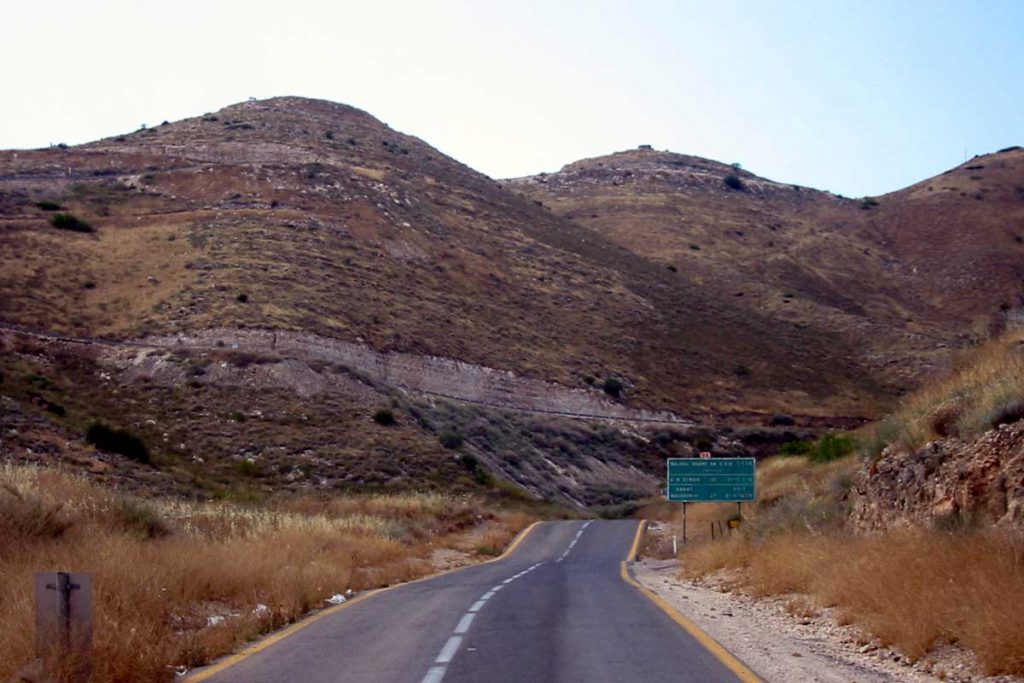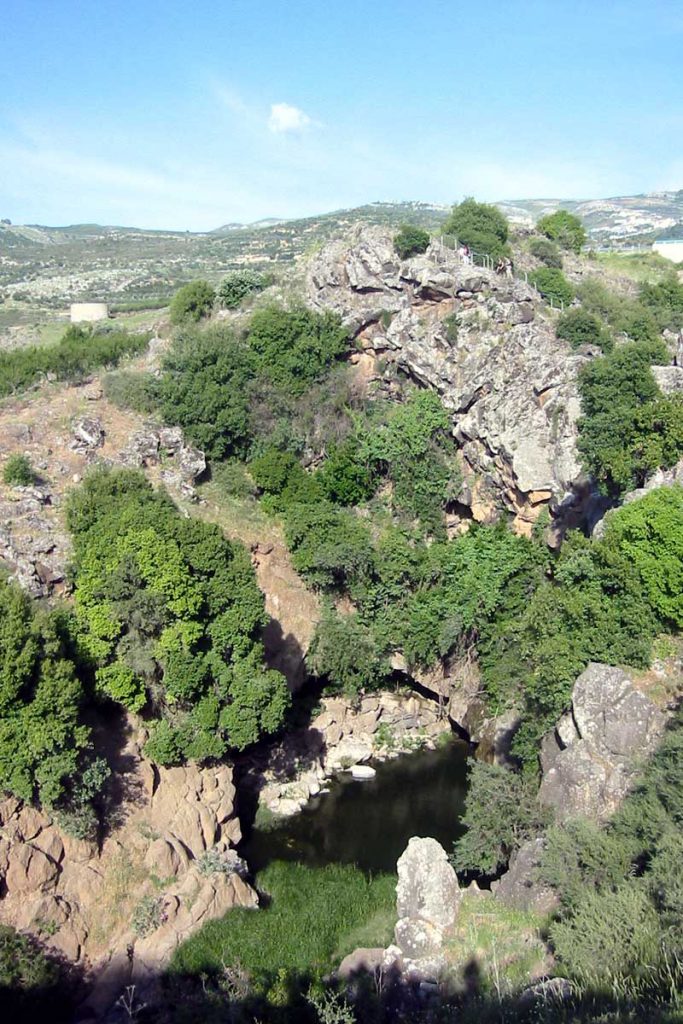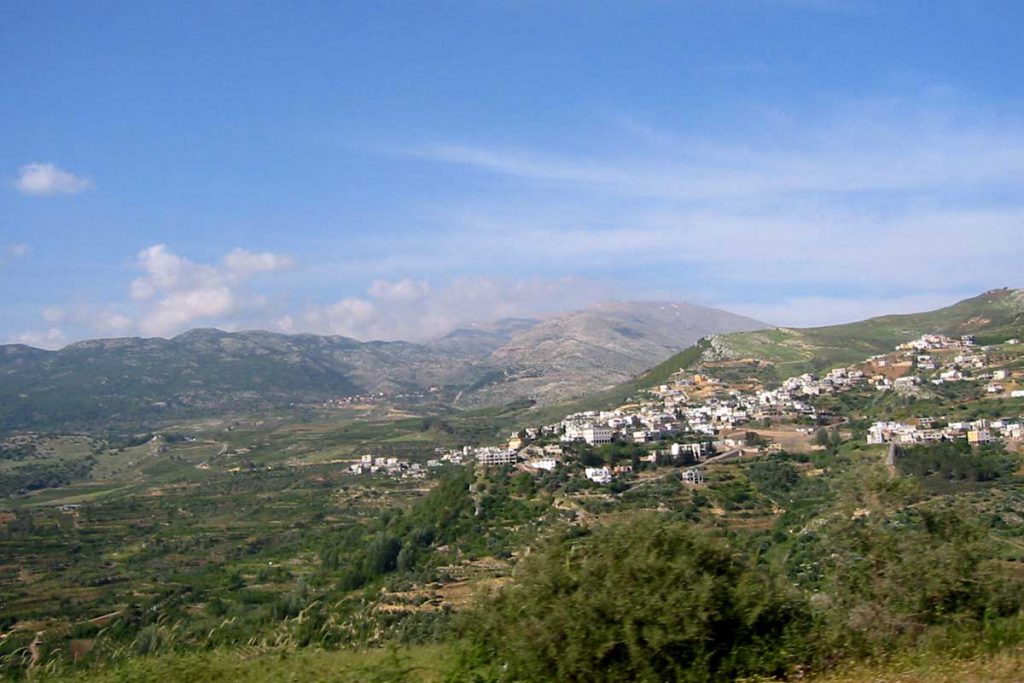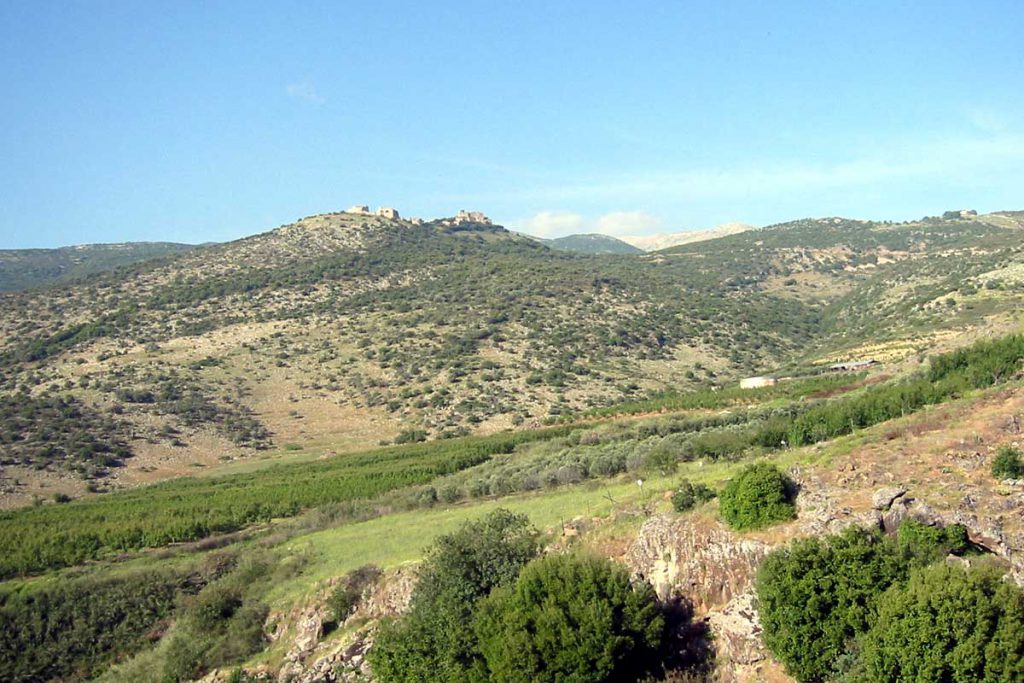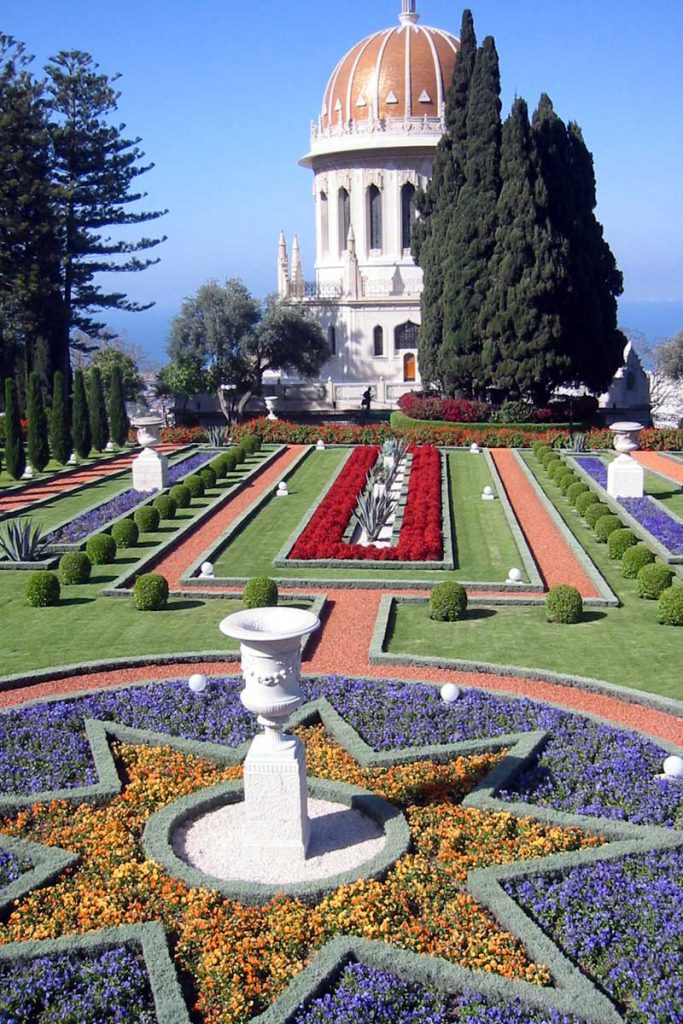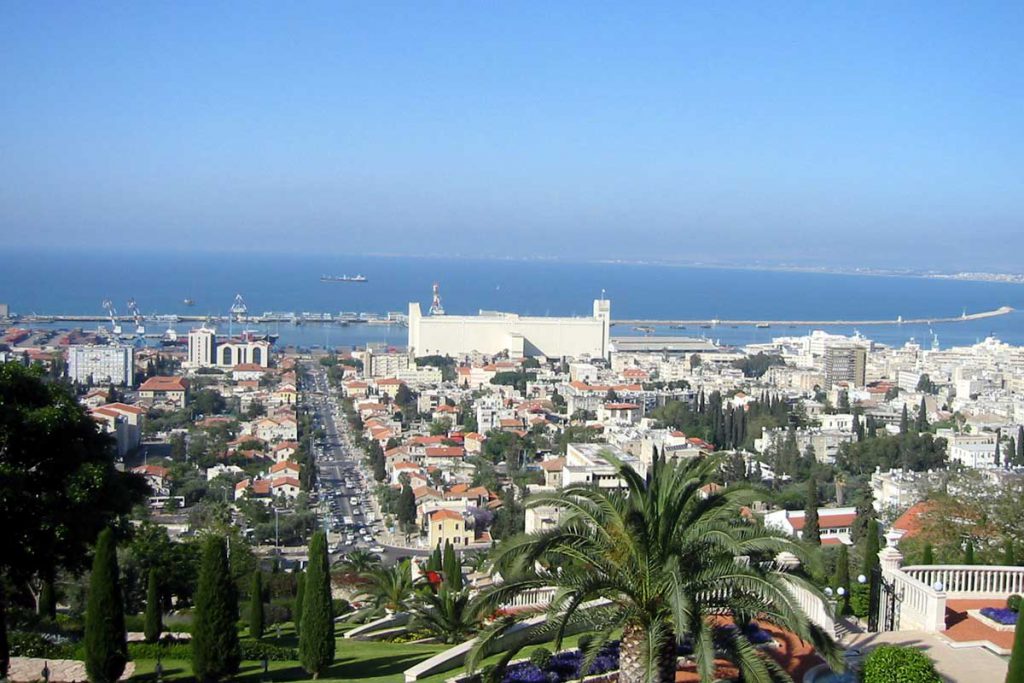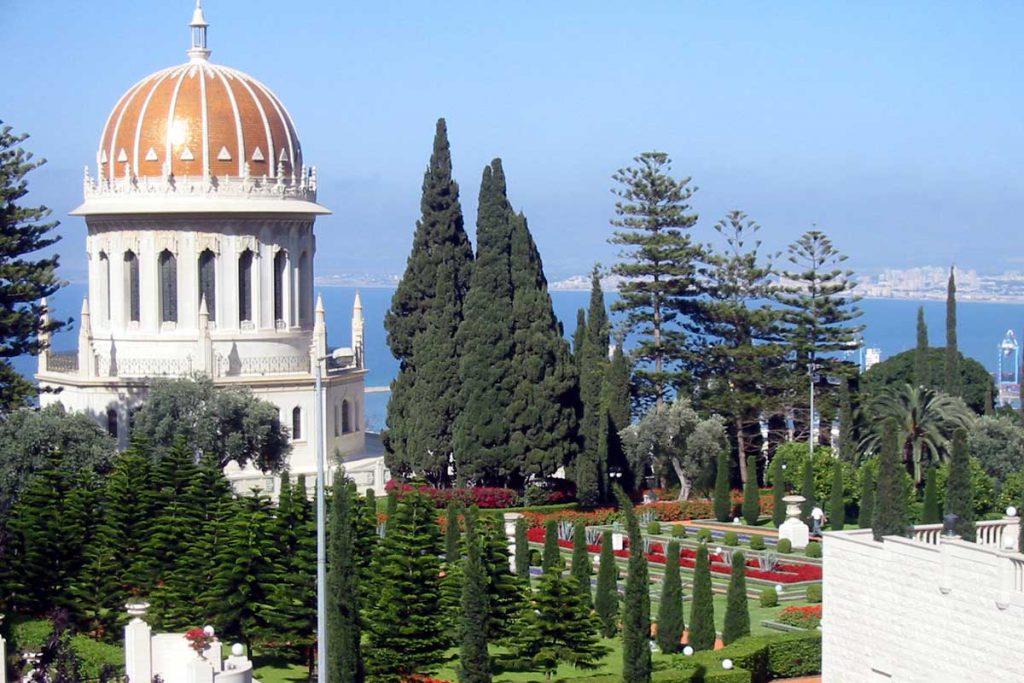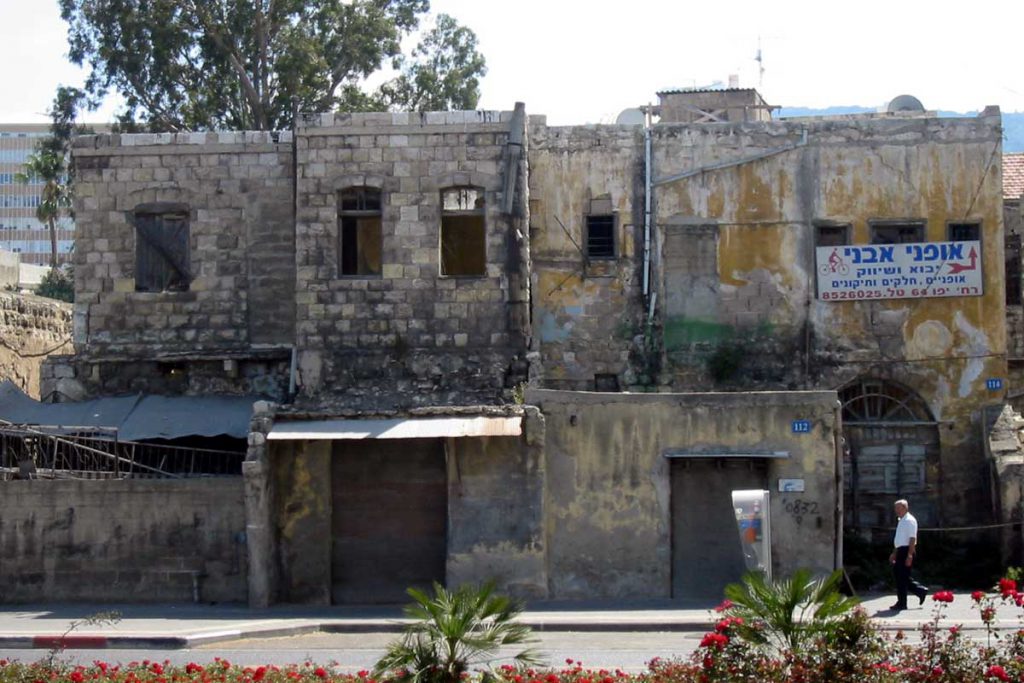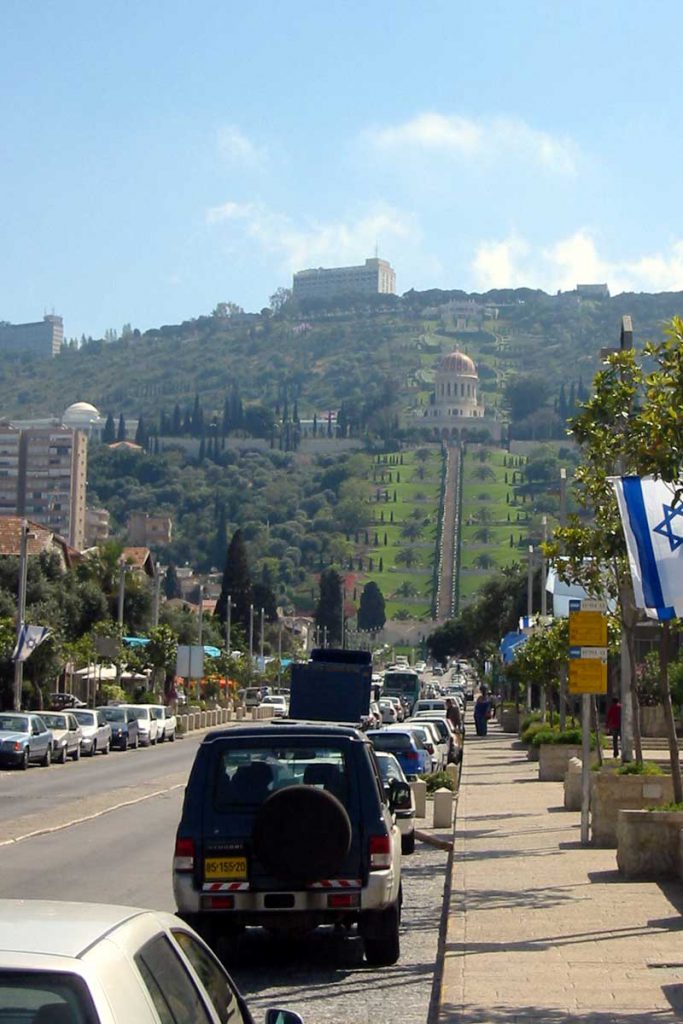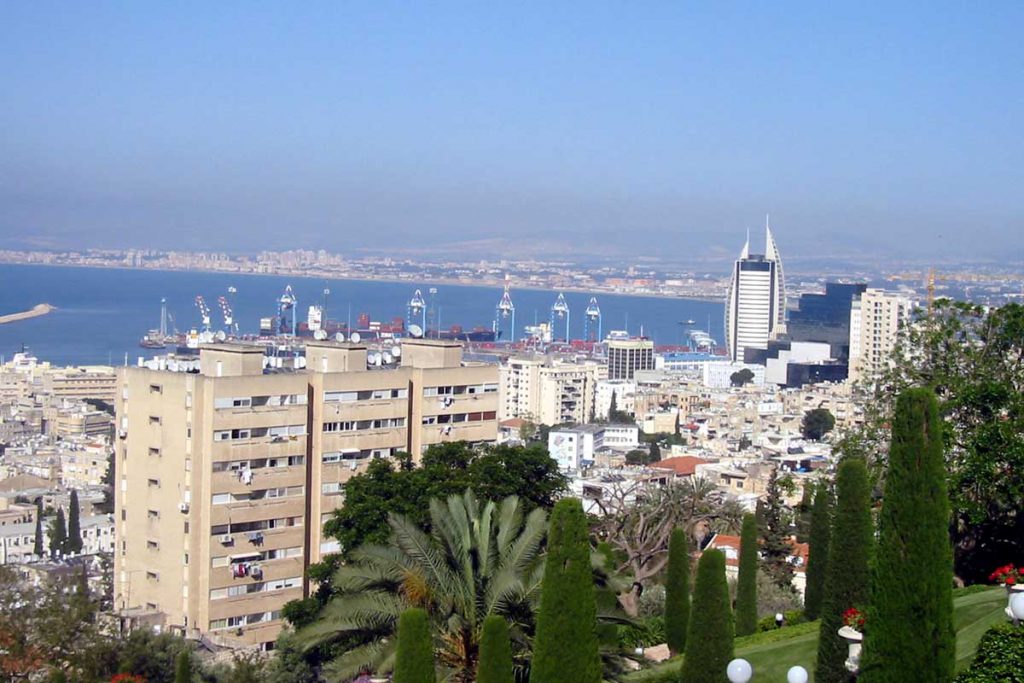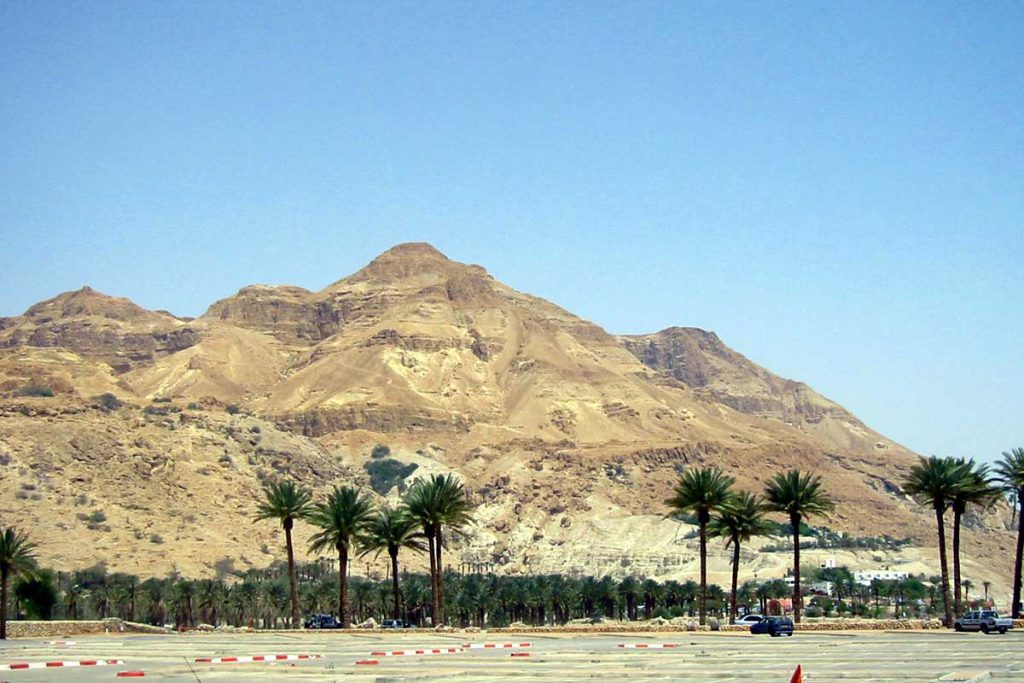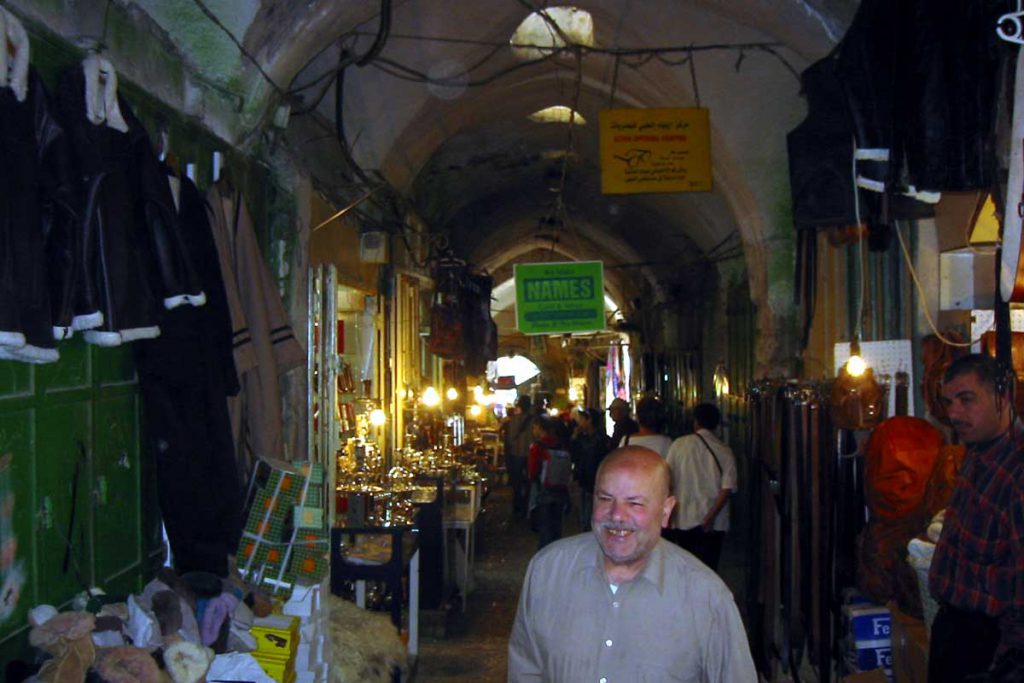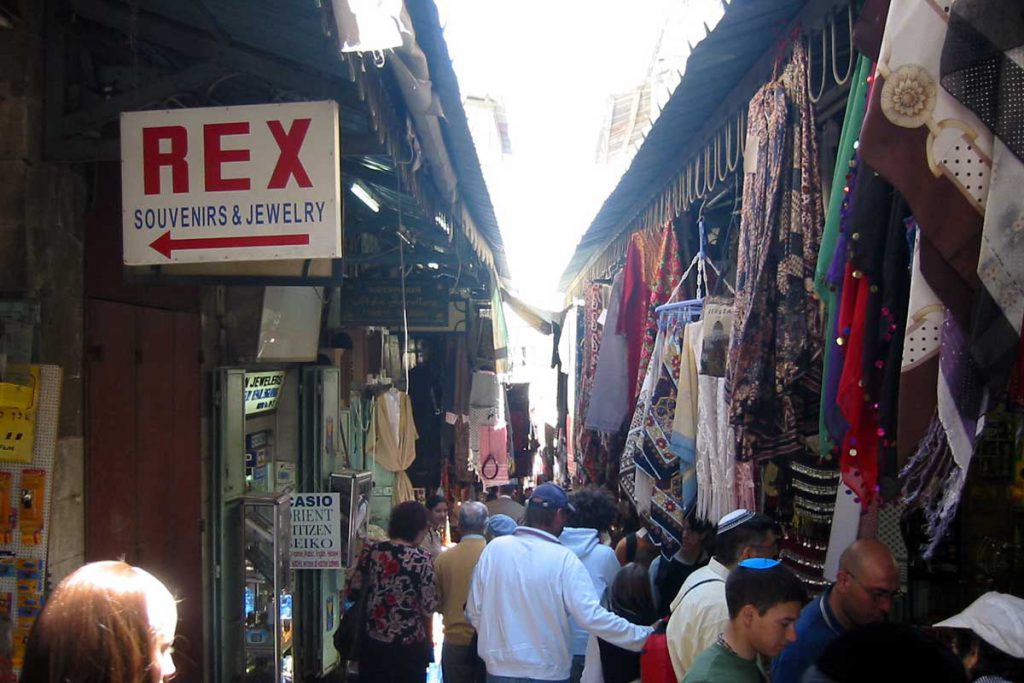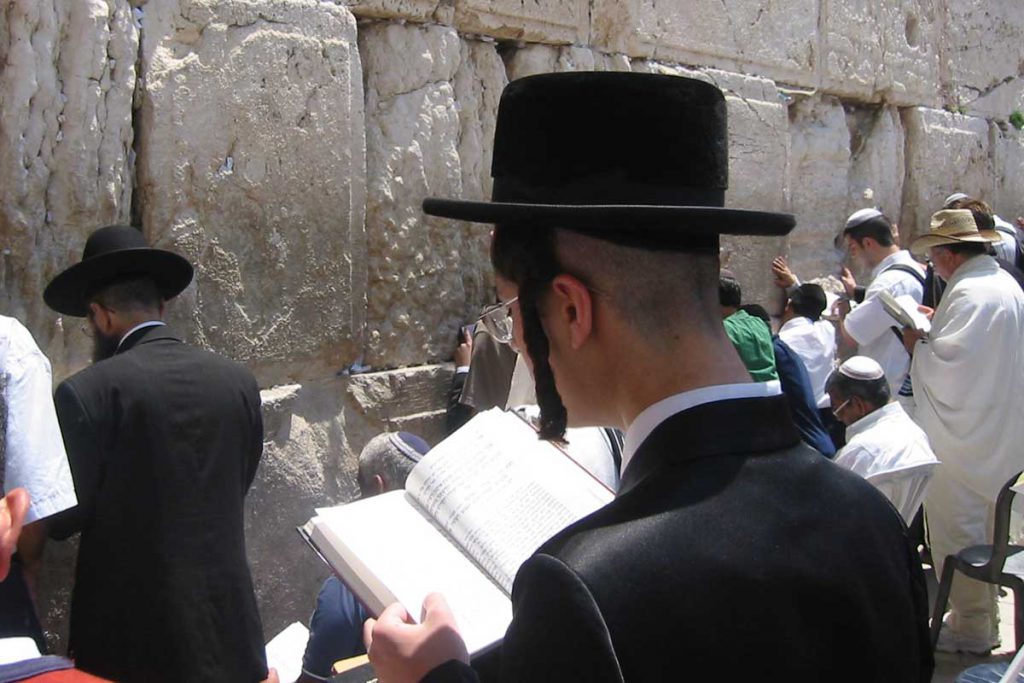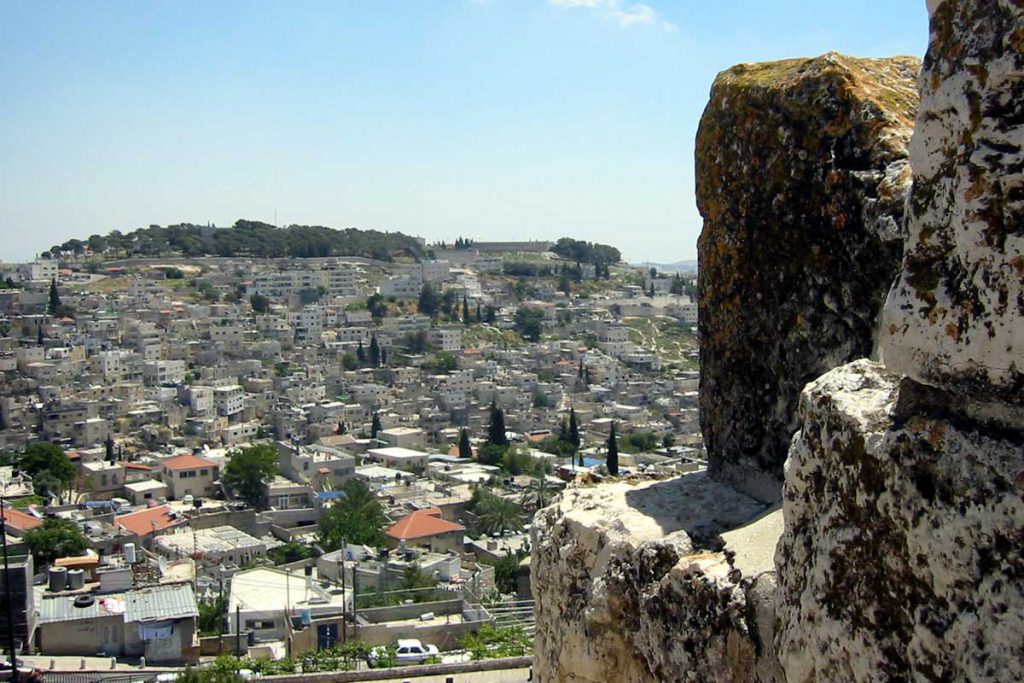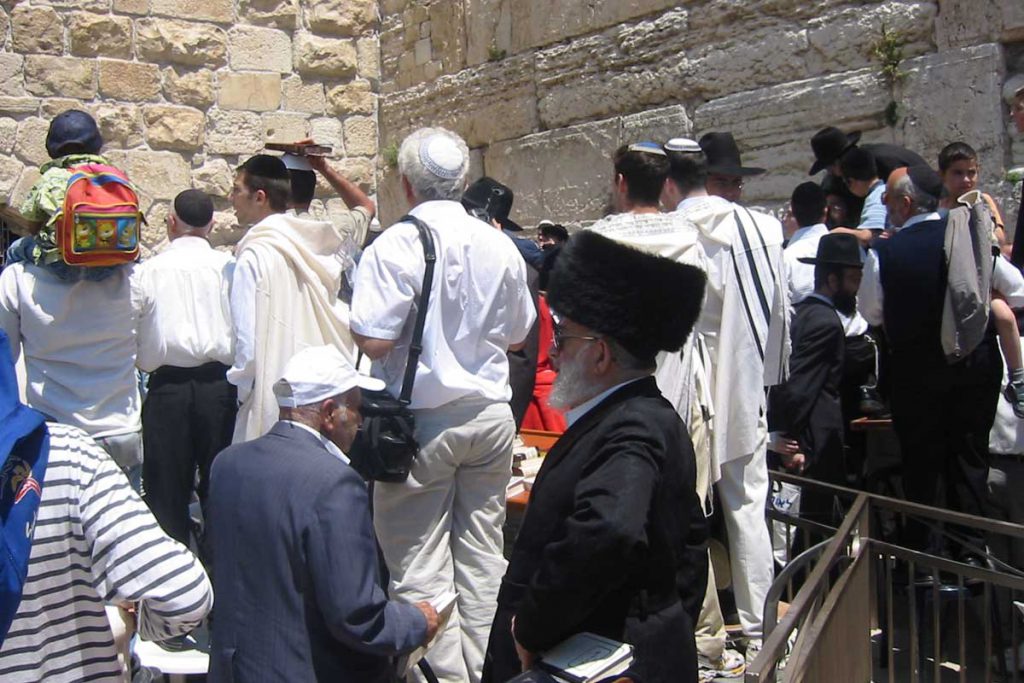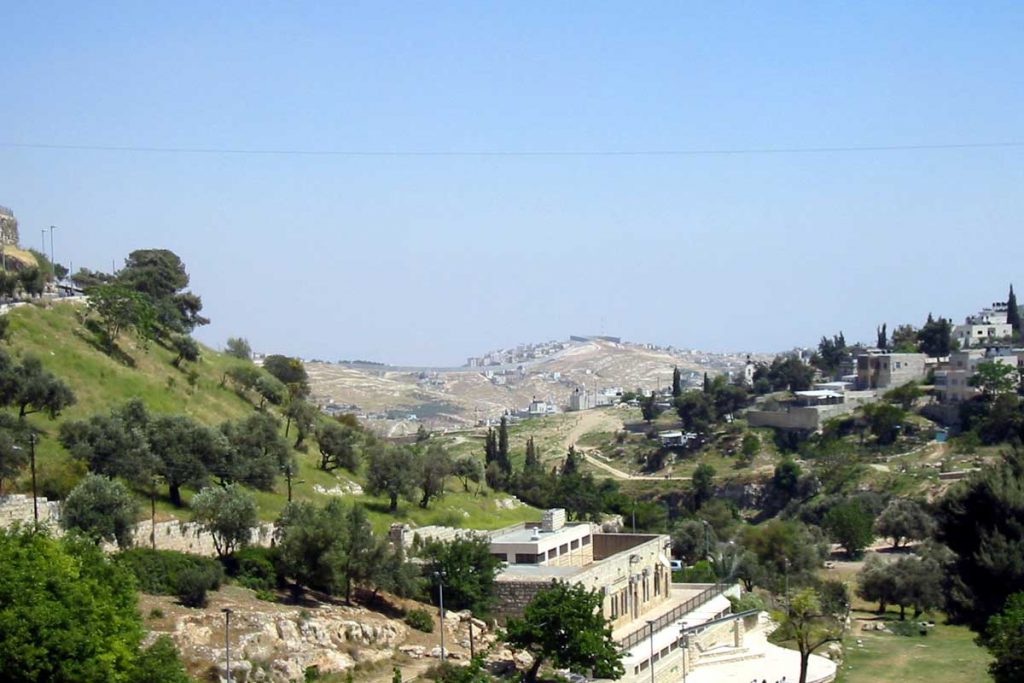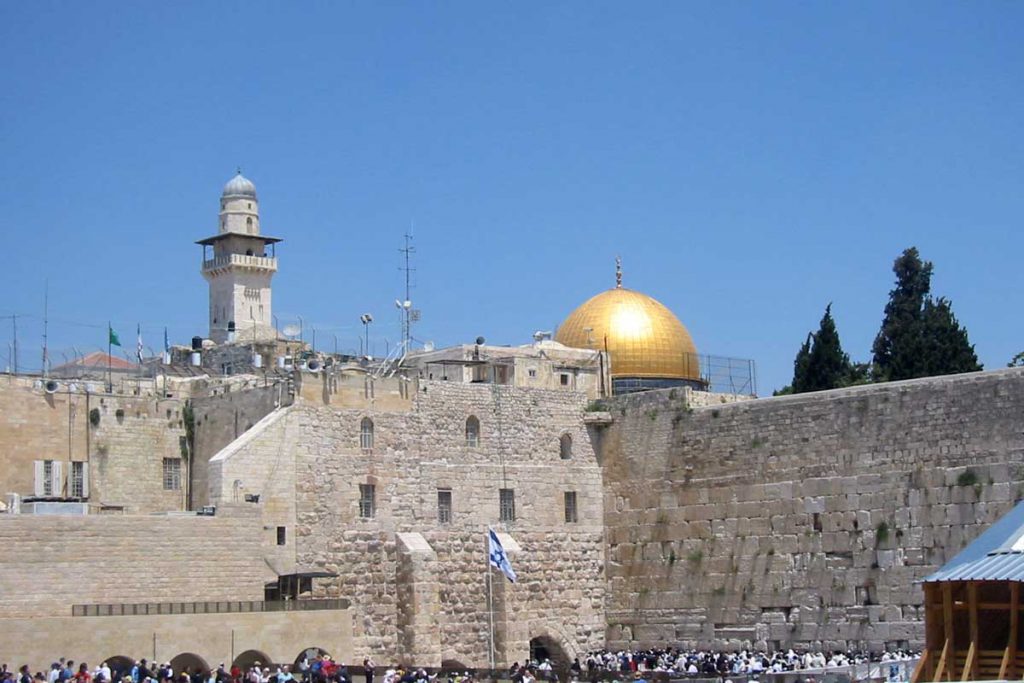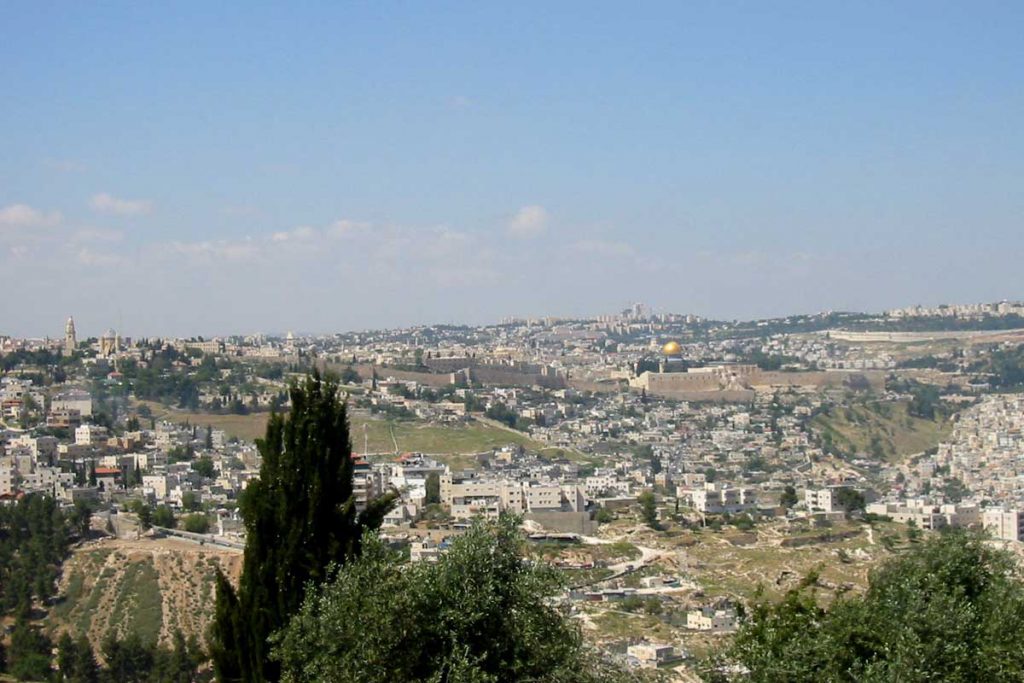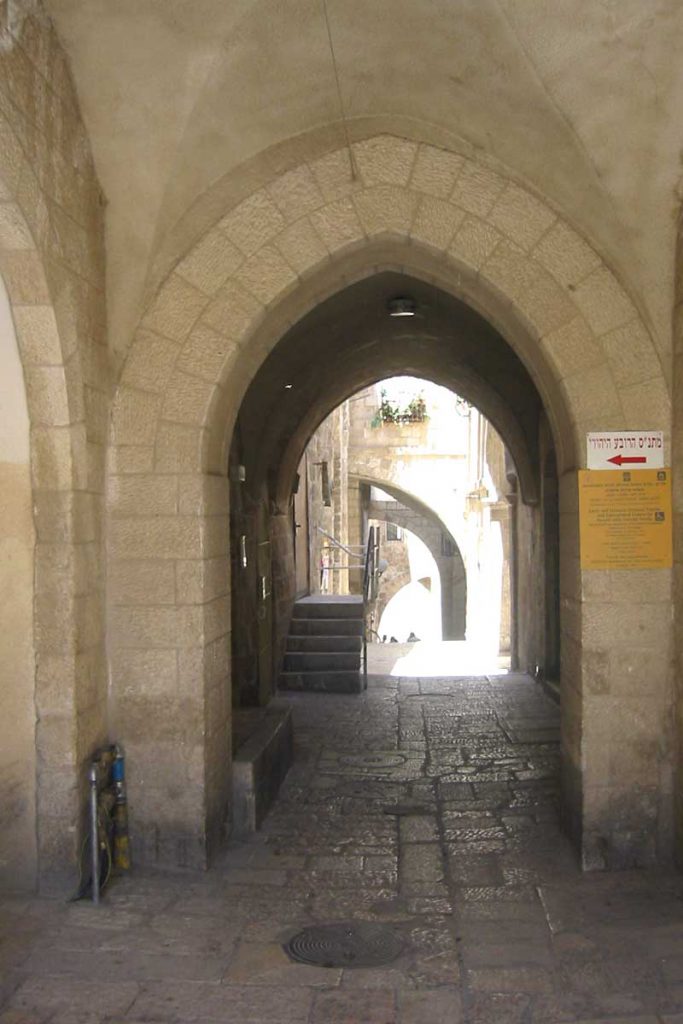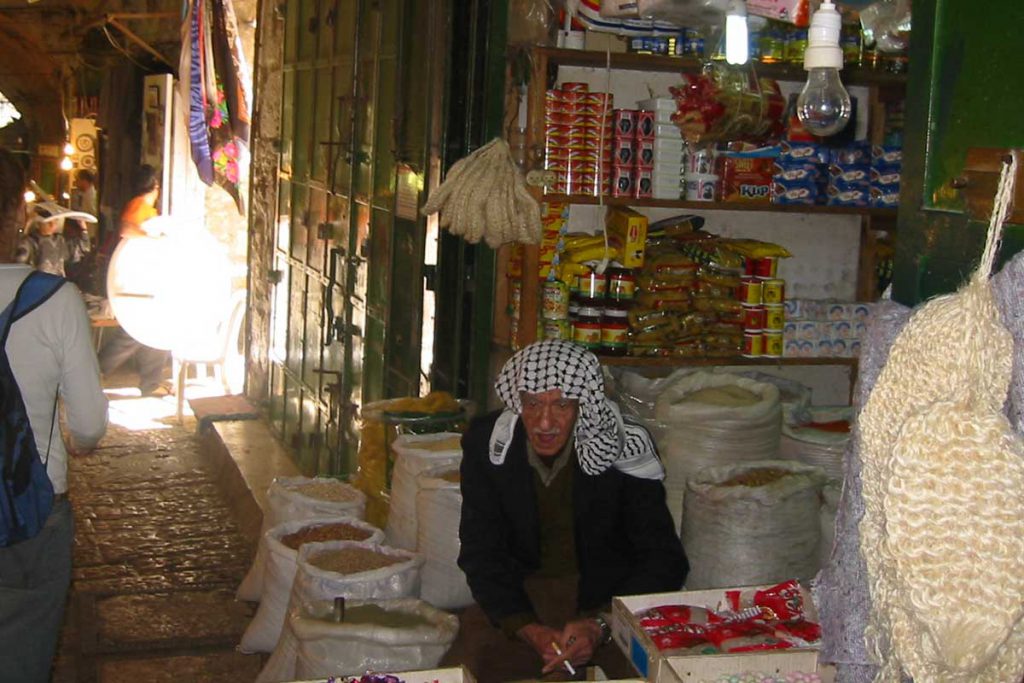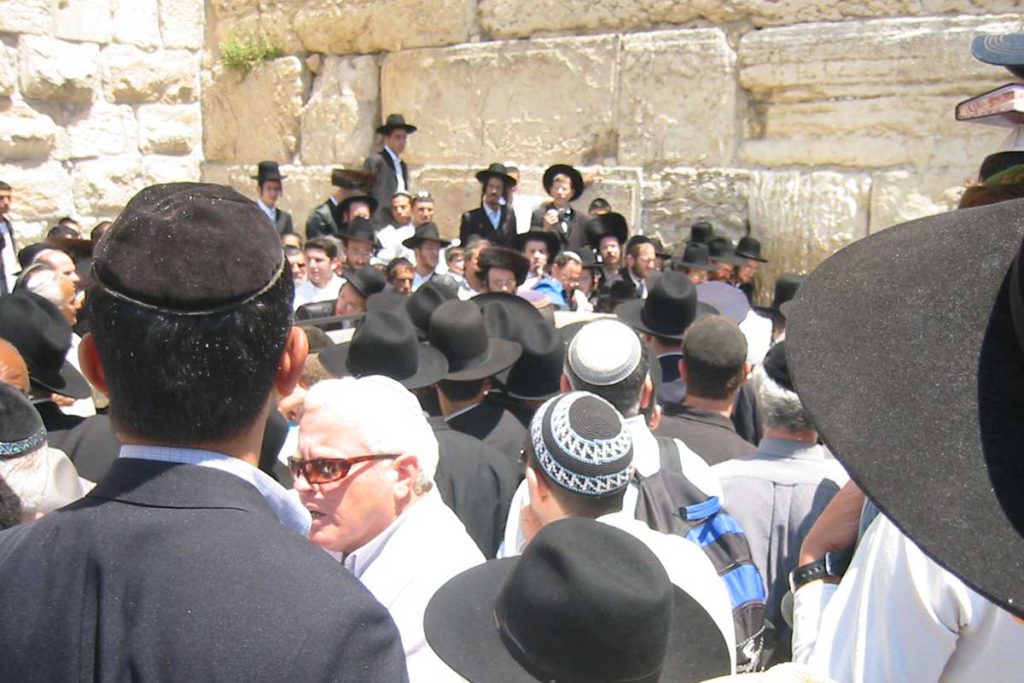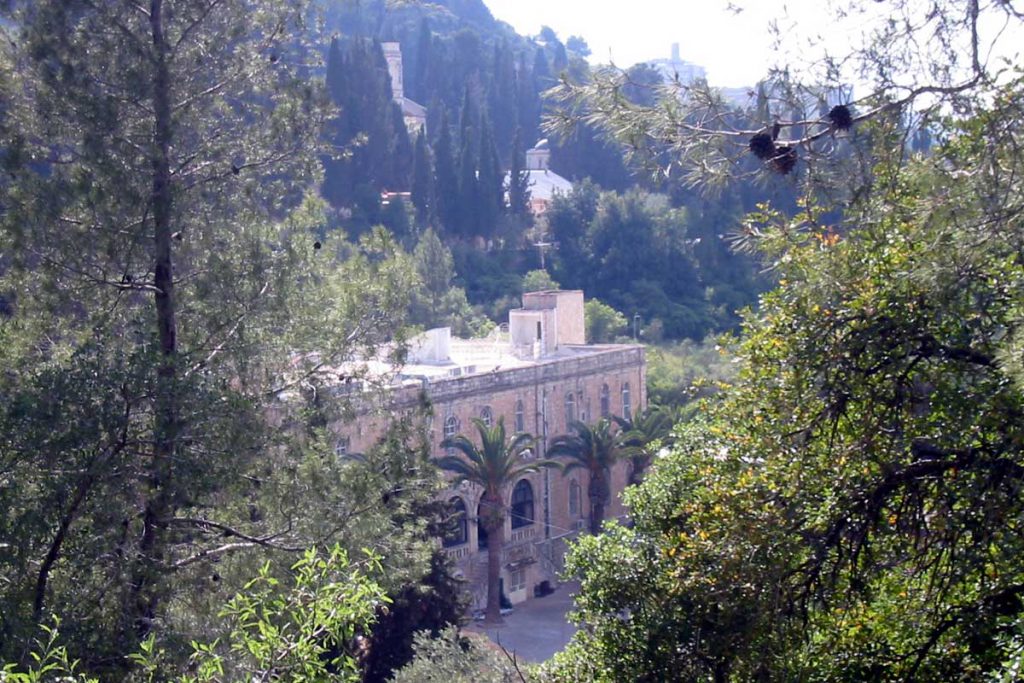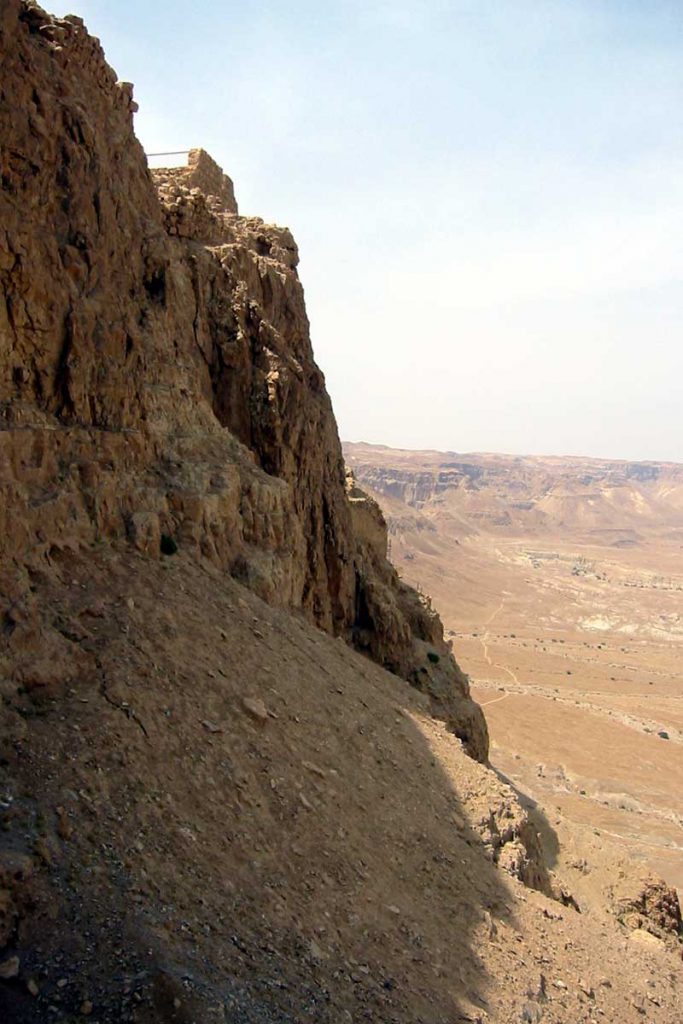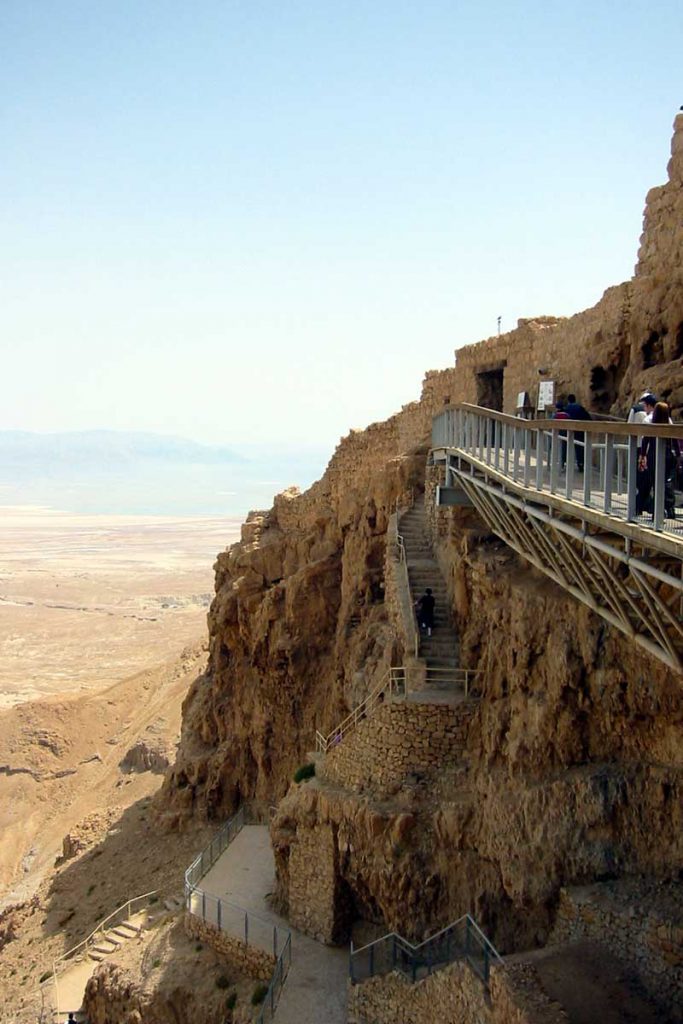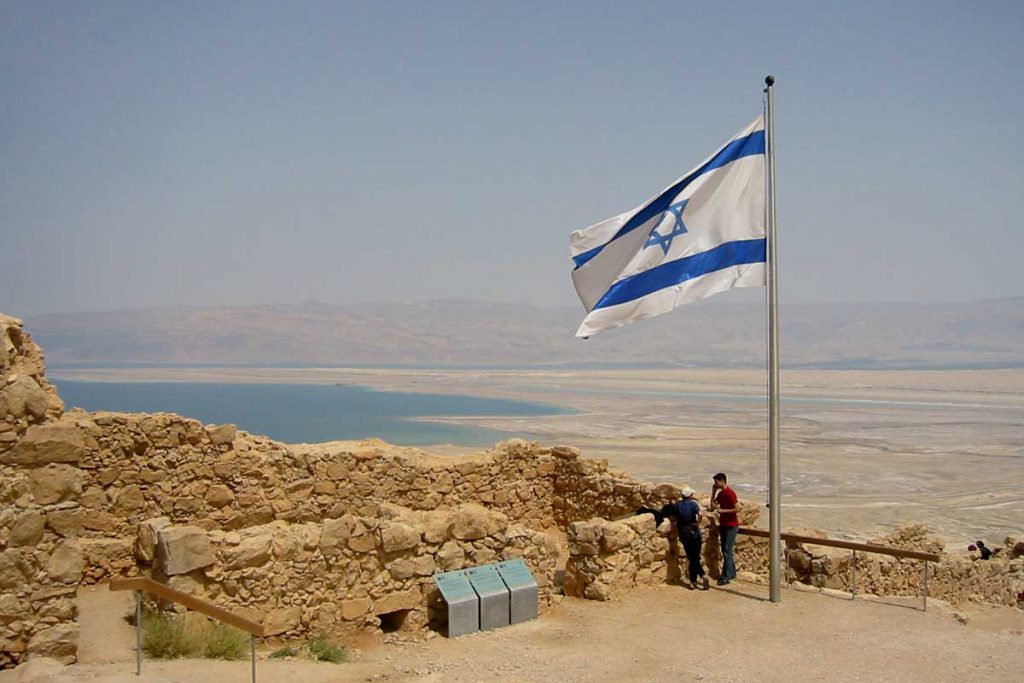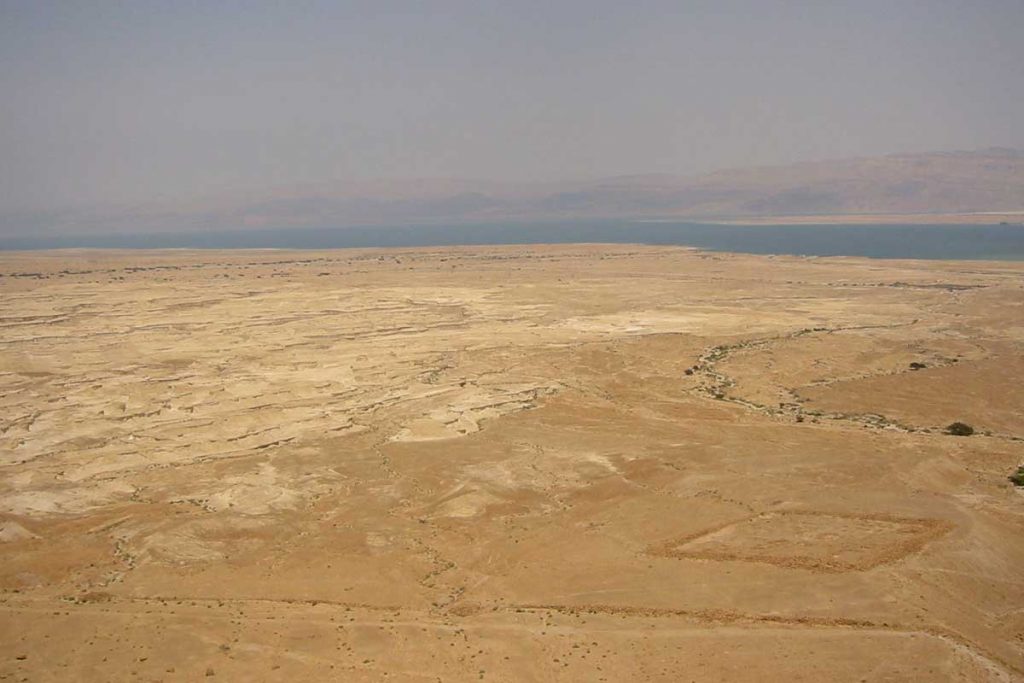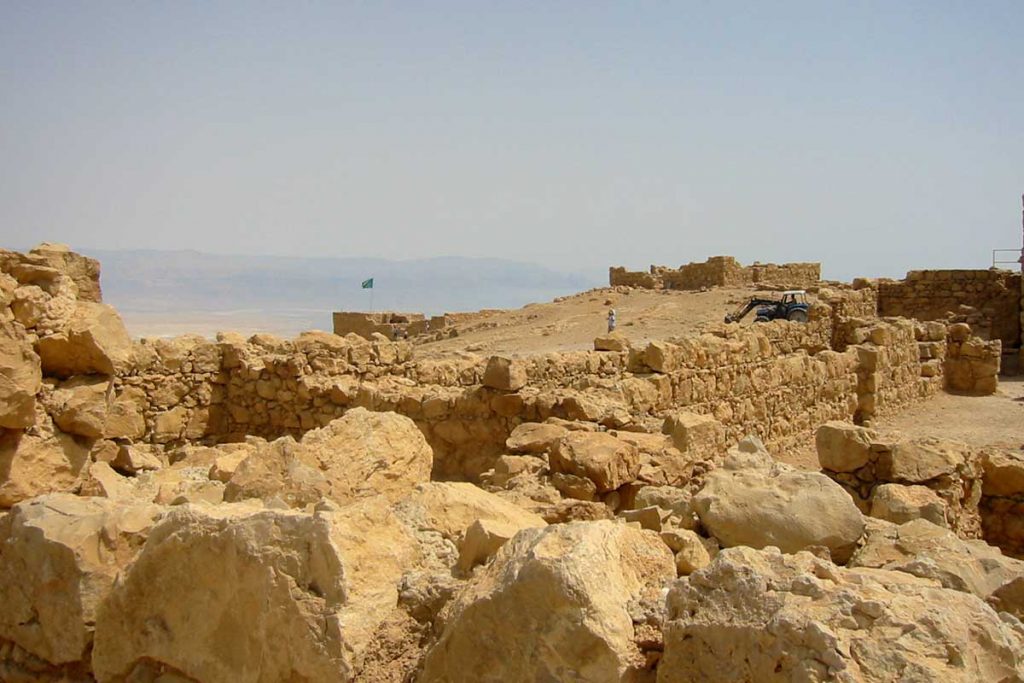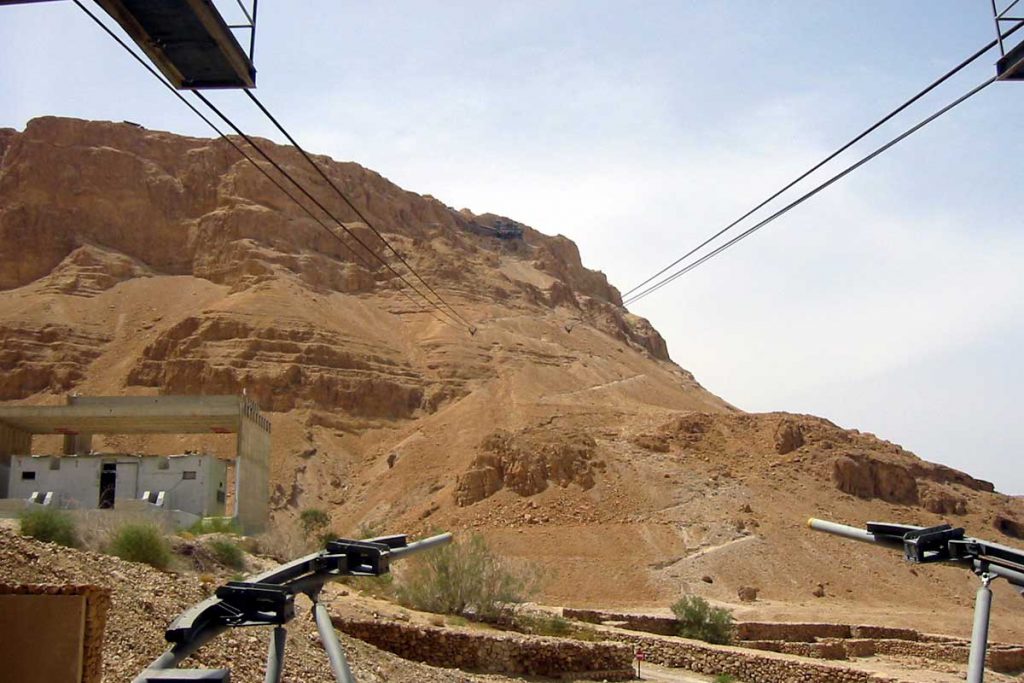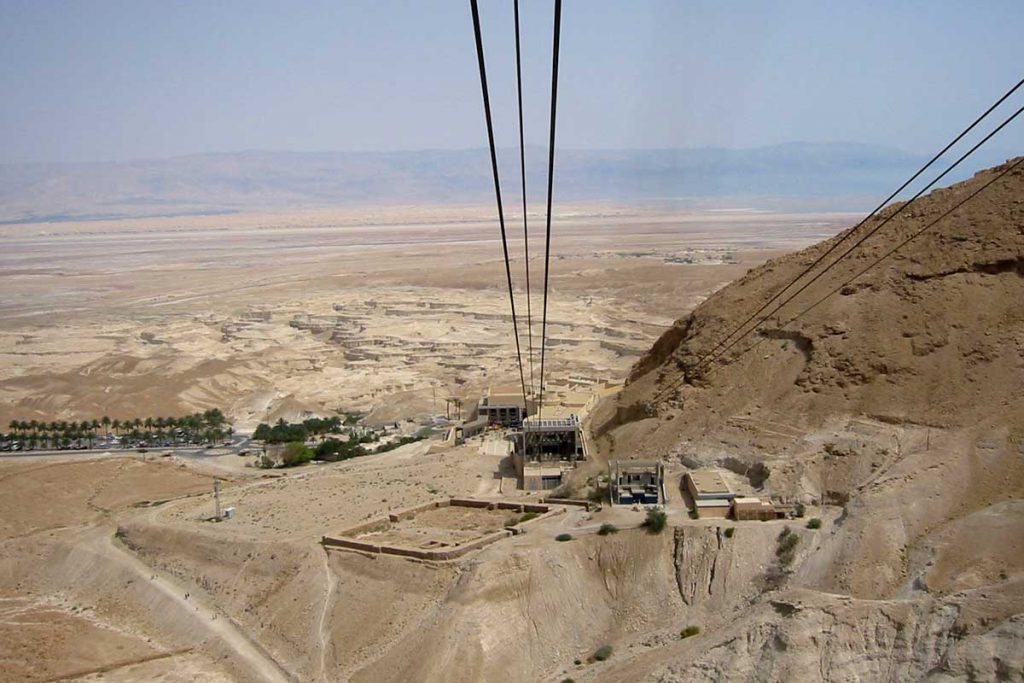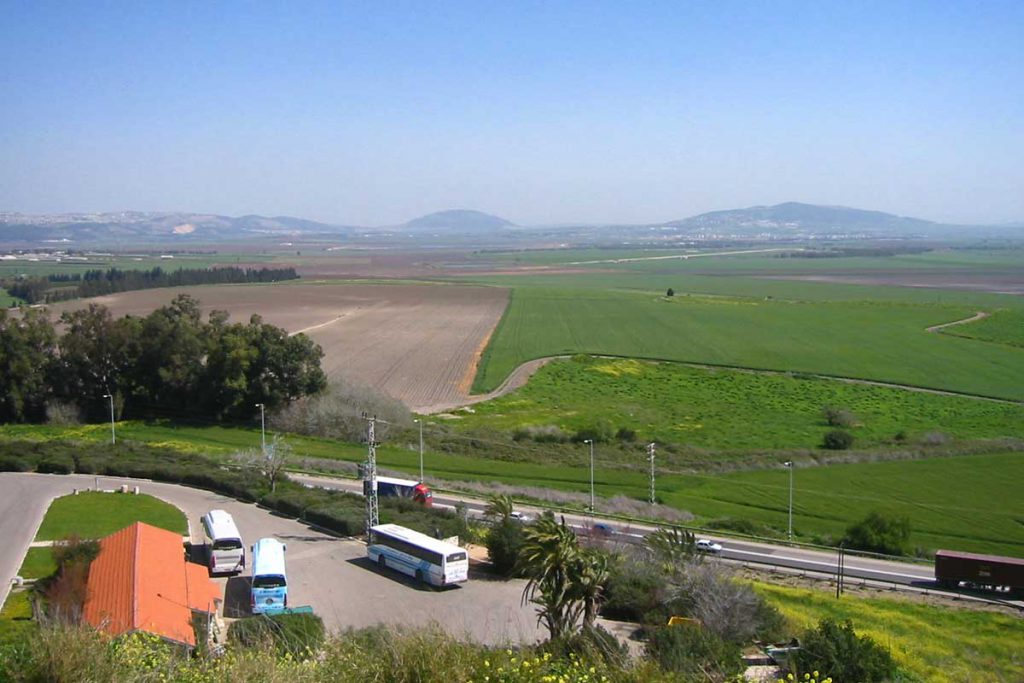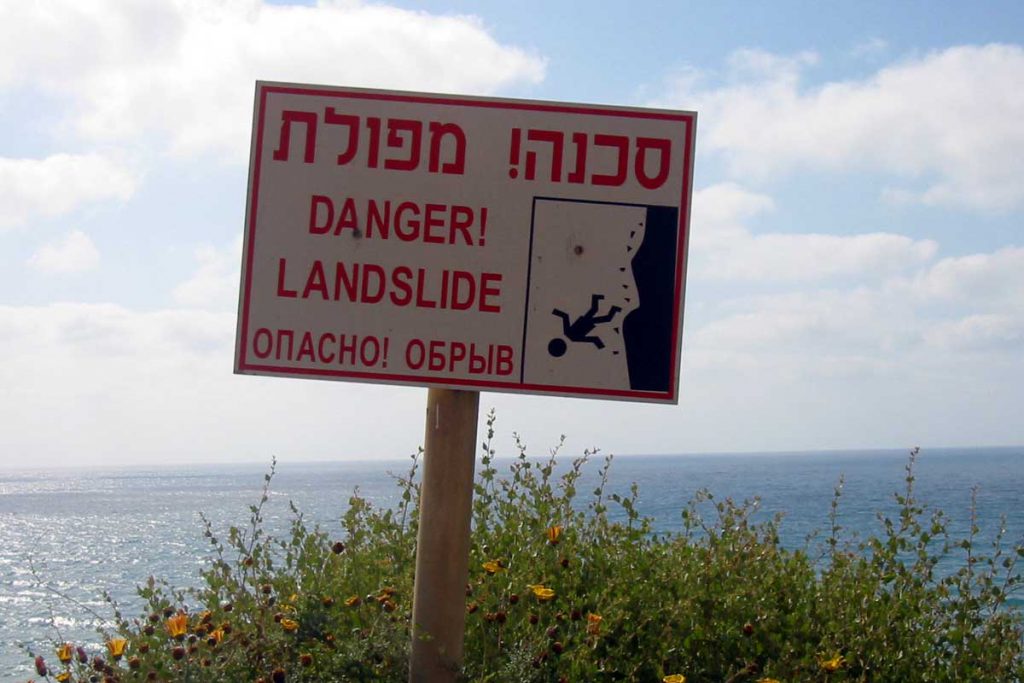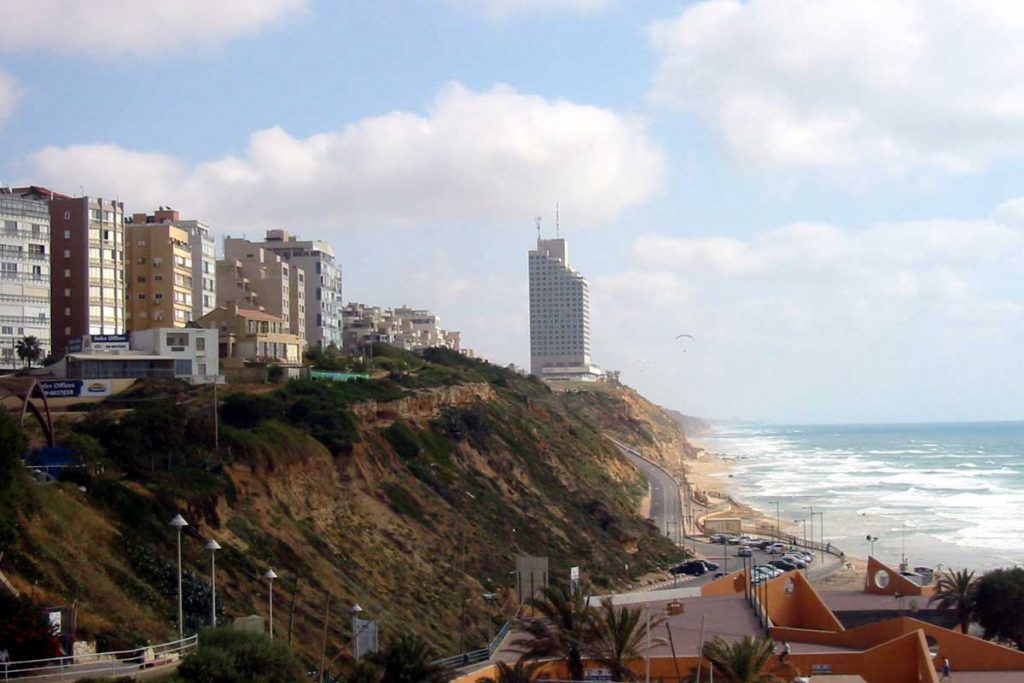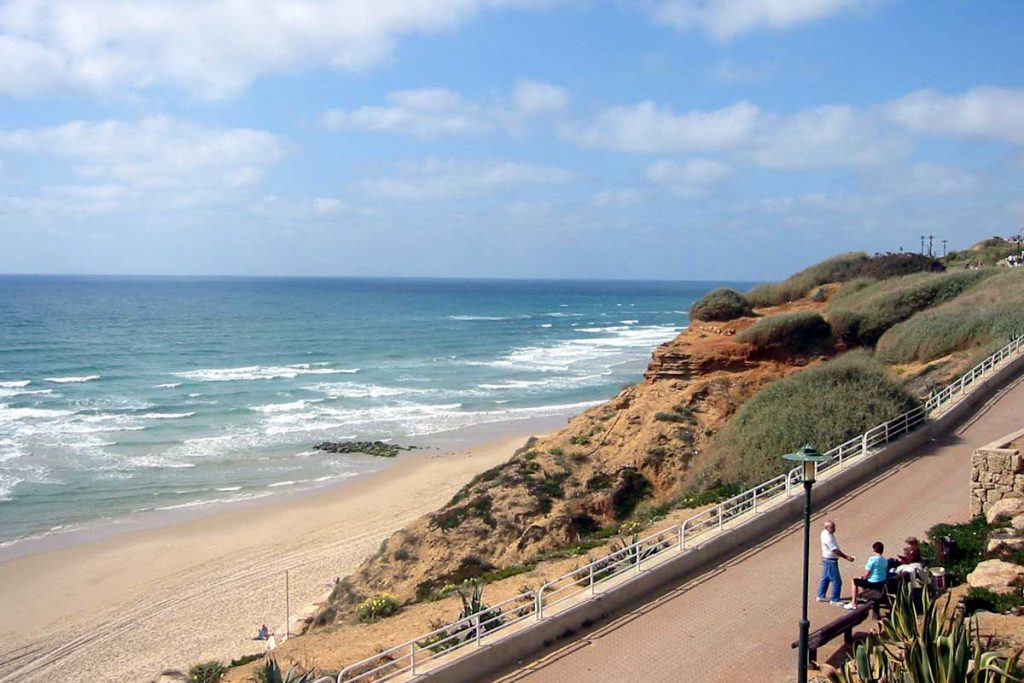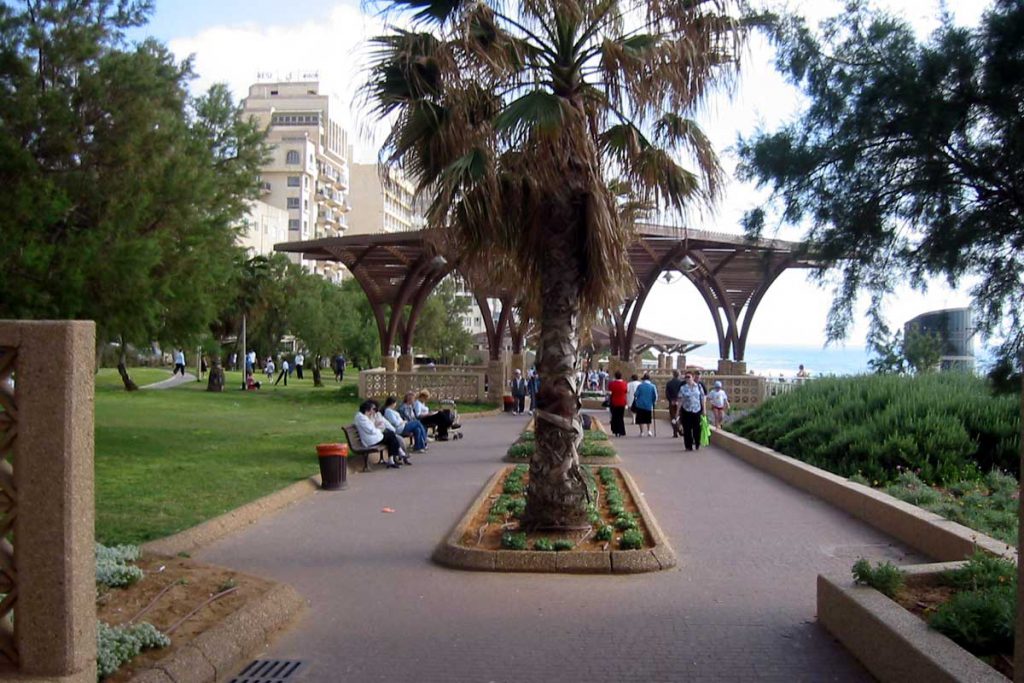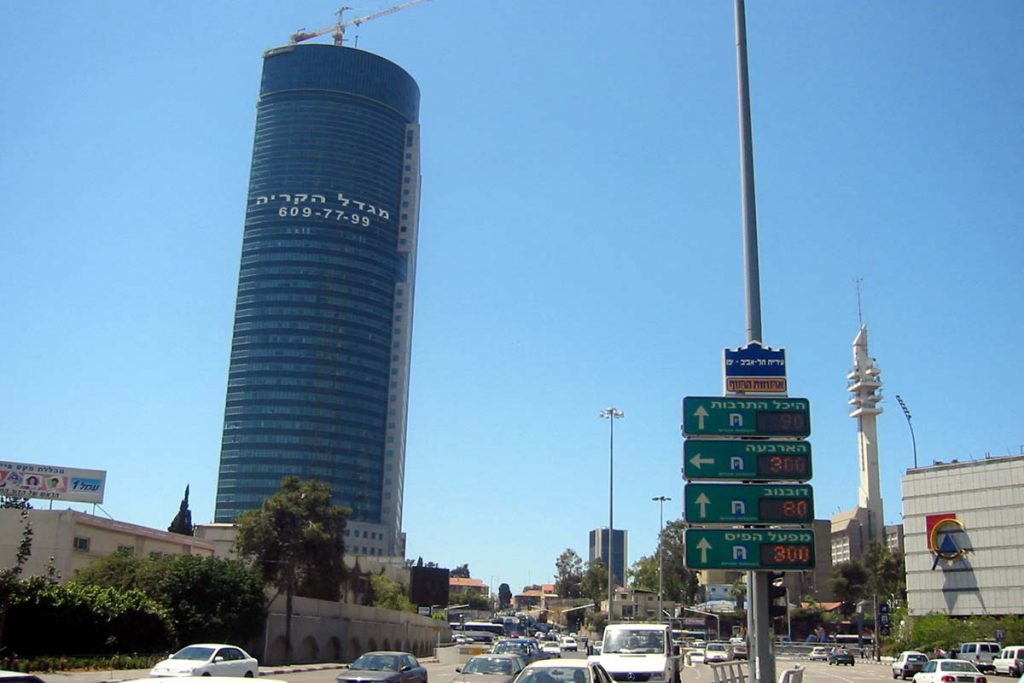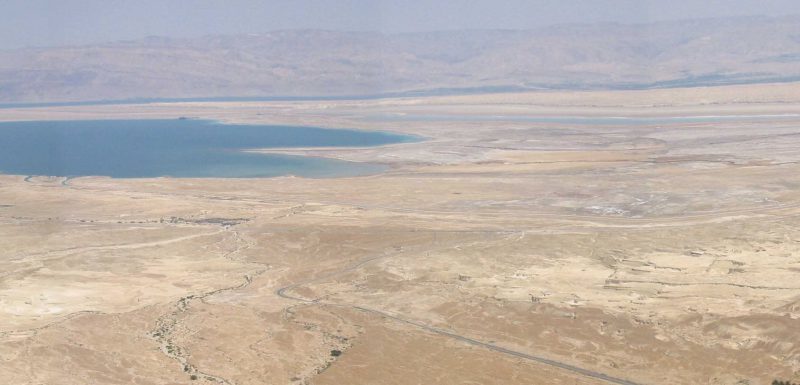Israel
The State of Israel is a parliamentary democracy, located in Southwest Asia, on the eastern edge of the Mediterranean Sea. Formed in 1948 by the partition of Palestine, Israel was invaded the day after its establishment by Arab armies; since then it has fought several wars with neighbouring Arab states.
It is a country whose exact territorial boundaries and borders are widely disputed. The territory Israel controls, including the West Bank and Gaza Strip, borders the states of Lebanon, Syria, Jordan, and Egypt. Israel shares the coastlines of the Mediterranean, the Gulf of Aqaba, and the Dead Sea. Israel has a technologically advanced market economy with substantial government participation. It depends on imports of fossil fuels, grains, beef, raw materials, and military equipment. Despite limited natural resources, Israel has intensively developed its agricultural and industrial sectors over the past 20 years. Israel is largely self-sufficient in food production except for grains and beef. Diamonds, high-technology, military equipment, software, pharmaceuticals, fine chemicals, and agricultural products (fruits, vegetables, and flowers) are leading exports. Israel usually posts sizable current account deficits, which are covered by large transfer payments from abroad and by foreign loans. Israel possesses extensive facilities for oil refining, diamond polishing, and semiconductor fabrication.
In spite of its security problems, Israel has a substantial tourist industry, mainly because of its climate, beaches, and the presence of important historical sites, many of them of religious significance. In 2012 Israel’s 8 million people played host to over 3.5 million tourists from all over the world. The most visited city is Jerusalem, a city holy to three religions, Judaism, Islam and Christianity. Here visitors will see the Mount of Olives, the Garden of Gethsemane and the Church of the Holy Sepulchre. Temple Mount is the site of the ancient Jewish temple, and the Russian Orthodox Church of Maria Magdalene is here in the city. Jerusalem is considered a sacred site in Sunni Islamic tradition: the prophet Muhammad visited the city and the Dome of the Rock before he ascended into heaven. From Jerusalem you can take day trips to Bethlehem, birthplace of Jesus. Nazareth, his home town, is in Galilee and is the largest Arab city in Israel. Of more recent origin than these sites holy to three religions are: the Holocaust Memorial, Yad Vashem; the Museum of the History of Jerusalem; and the Israel Museum. However the single most visited site in Israel is not in Jerusalem, but on the top of an isolated rock 400m (1,300 ft) high on the edge of the Judaean Desert and overlooking the Dead Sea. This is the ancient fortress of Masada, scene of a mass suicide of 960 Jewish rebels and their families during the occupation by the Romans.
It is not only the important archaeological religious sites that attract visitors to Israel. Eilat on the Red Sea is one of the best places in the world for diving, with reefs and wrecks providing rich under-water habitats. It is possible to swim with dolphins there too, and there are diving courses and clubs along the bay. Eilat is also the place for other adventurous activities, like kite-surfing, climbing, biking and 4×4 trips into the desert and mountains.
For those who like nightlife, Israel’s second largest city, Tel Aviv, ‘the city that never sleeps’ is the place to go. Also being on the beach, Tel Aviv attracts nearly 3 million tourists a year, some coming to see the UNESCO world Heritage Area of Bauhaus architecture.
A final thought: Israel is a geographically small country to visit; the distance from Jerusalem to Tel Aviv is only around 64 km (39 miles) and even Eilat in the far south is only 284 km (153 miles) from the capital city.
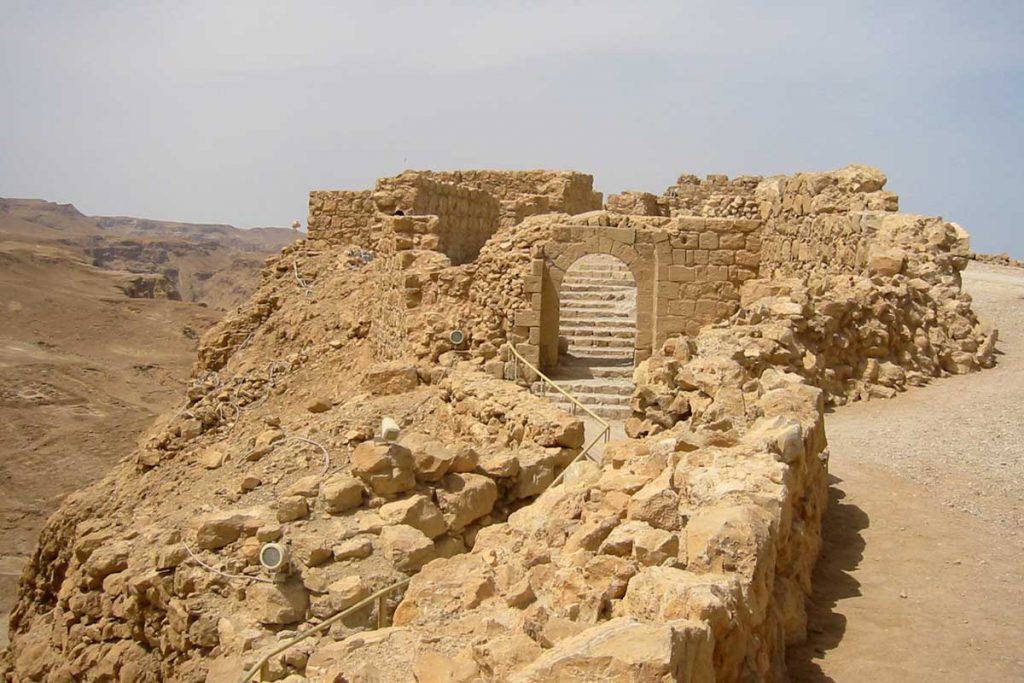
1. Coastal Plains:
Stretching along the Mediterranean coastline, Israel’s coastal plains are among its most fertile regions. These plains are home to bustling cities like Tel Aviv and Haifa, as well as agricultural areas that produce a significant portion of the country’s fruits and vegetables. The mild climate and abundant rainfall make this region ideal for farming, contributing to Israel’s agricultural prosperity.
2. Mountain Ranges:
Israel is dotted with several mountain ranges, each with its own unique characteristics. The Carmel Mountain Range, overlooking the Mediterranean, offers stunning views and is home to the picturesque city of Haifa. Further inland, the Judean Hills rise steeply from the coastal plains, providing a scenic backdrop to Jerusalem and its surrounding areas. These mountains not only offer breathtaking landscapes but also serve as natural barriers, shaping the country’s topography and history.
3. Jordan Rift Valley:
Running along Israel’s eastern border, the Jordan Rift Valley is part of the larger Great Rift Valley that extends from Lebanon to Mozambique. This geological feature is marked by the Jordan River, which flows southward into the Dead Sea, the lowest point on Earth. The Jordan Rift Valley is characterized by its dramatic landscapes, including rugged cliffs, deep canyons, and hot springs. It also holds significant cultural and historical importance, with sites like the ancient city of Jericho dating back thousands of years.
4. Negev Desert:
Covering more than half of Israel’s land area, the Negev Desert is a vast expanse of arid terrain that stretches from the southern border with Egypt to the Dead Sea. Despite its harsh conditions, the Negev is not devoid of life; hardy desert plants, such as acacia and jujube trees, dot the landscape, and nomadic Bedouin tribes have called this region home for centuries. Additionally, the Negev is home to unique geological formations, including crater-like makhteshim and colorful sandstone mountains.
5. Dead Sea:
Located at the lowest point on Earth, the Dead Sea is a remarkable natural wonder shared by Israel, Jordan, and the West Bank. Its high salt concentration prevents the existence of most aquatic life, hence its name. However, the Dead Sea’s mineral-rich waters have attracted visitors for millennia, believed to offer therapeutic benefits for various skin and joint ailments. The surrounding area is also rich in historical and biblical significance, with sites like Masada overlooking the sea.
In conclusion, Israel’s geographic diversity is a testament to its complex history and vibrant culture. From the fertile plains of the Mediterranean coast to the barren expanses of the Negev Desert, each region offers a unique perspective on the country’s past, present, and future. By understanding Israel’s geography, we gain insight into the forces that have shaped this land and continue to influence its people and their way of life.

